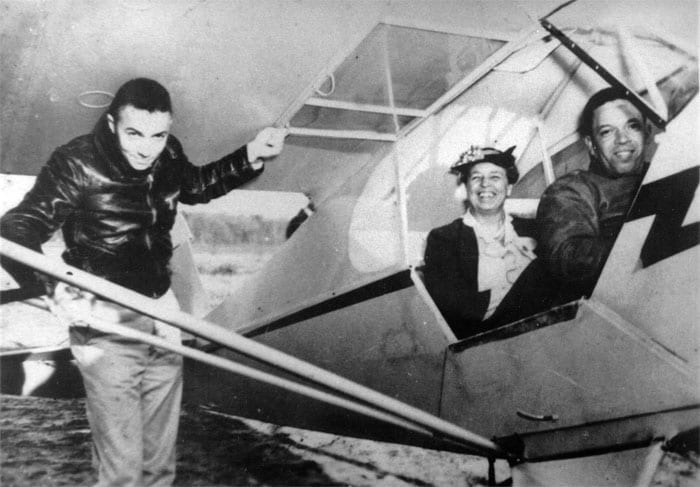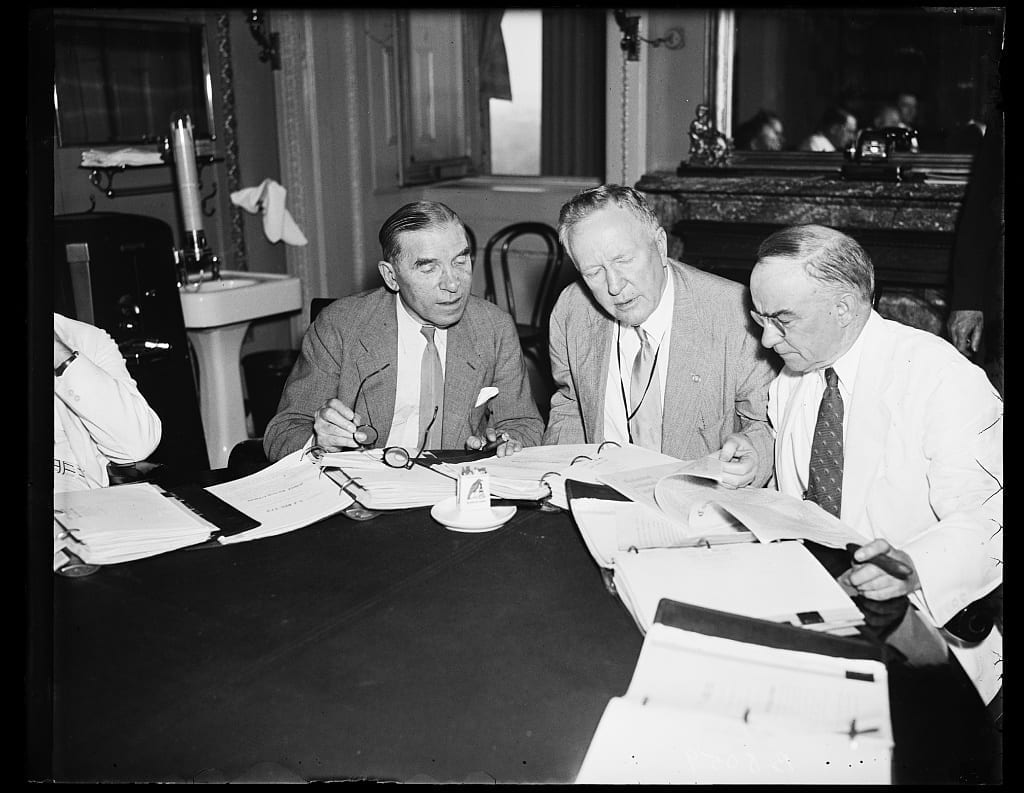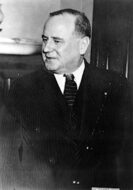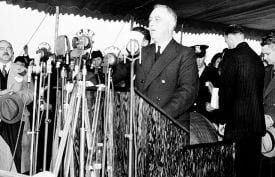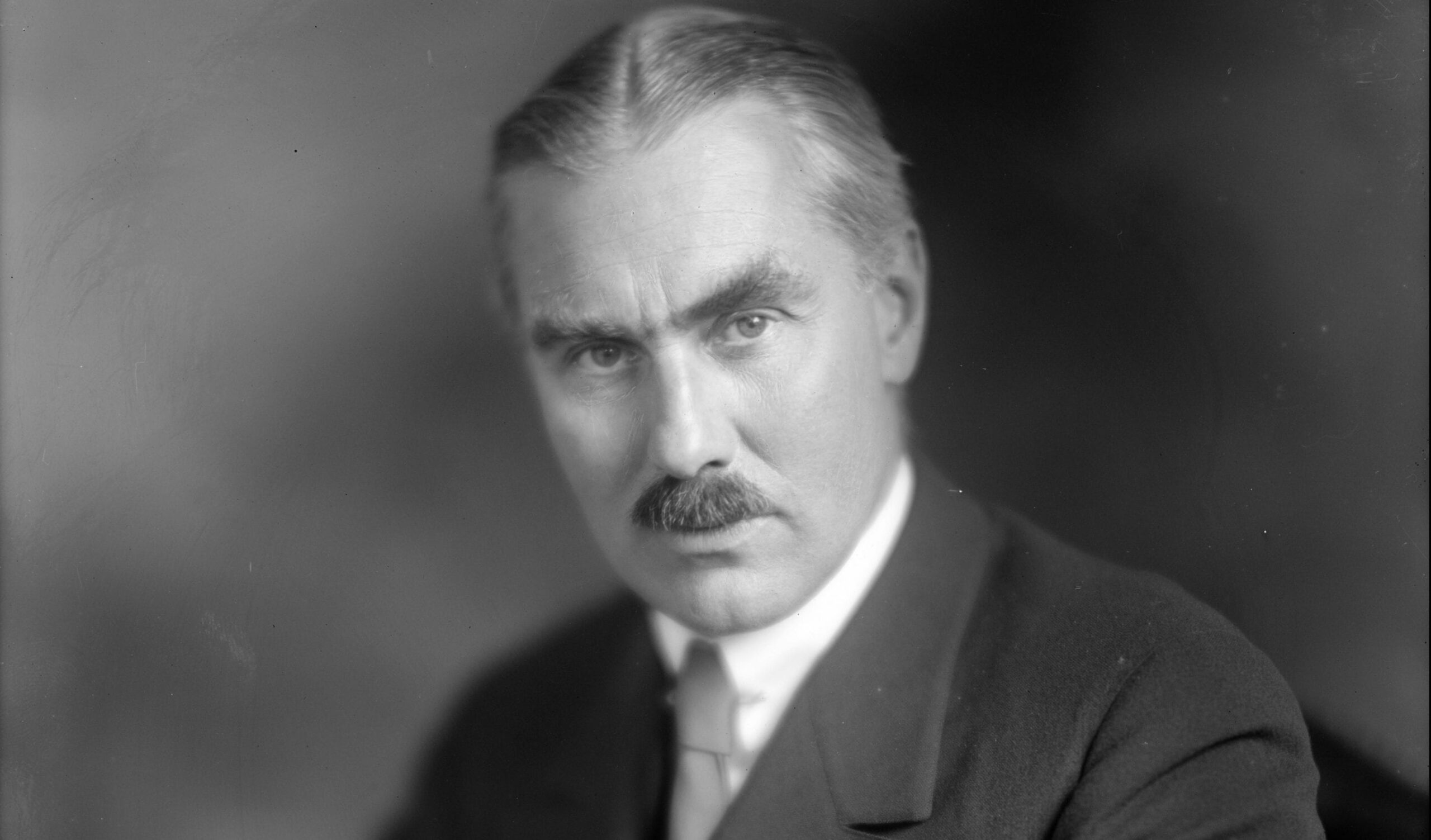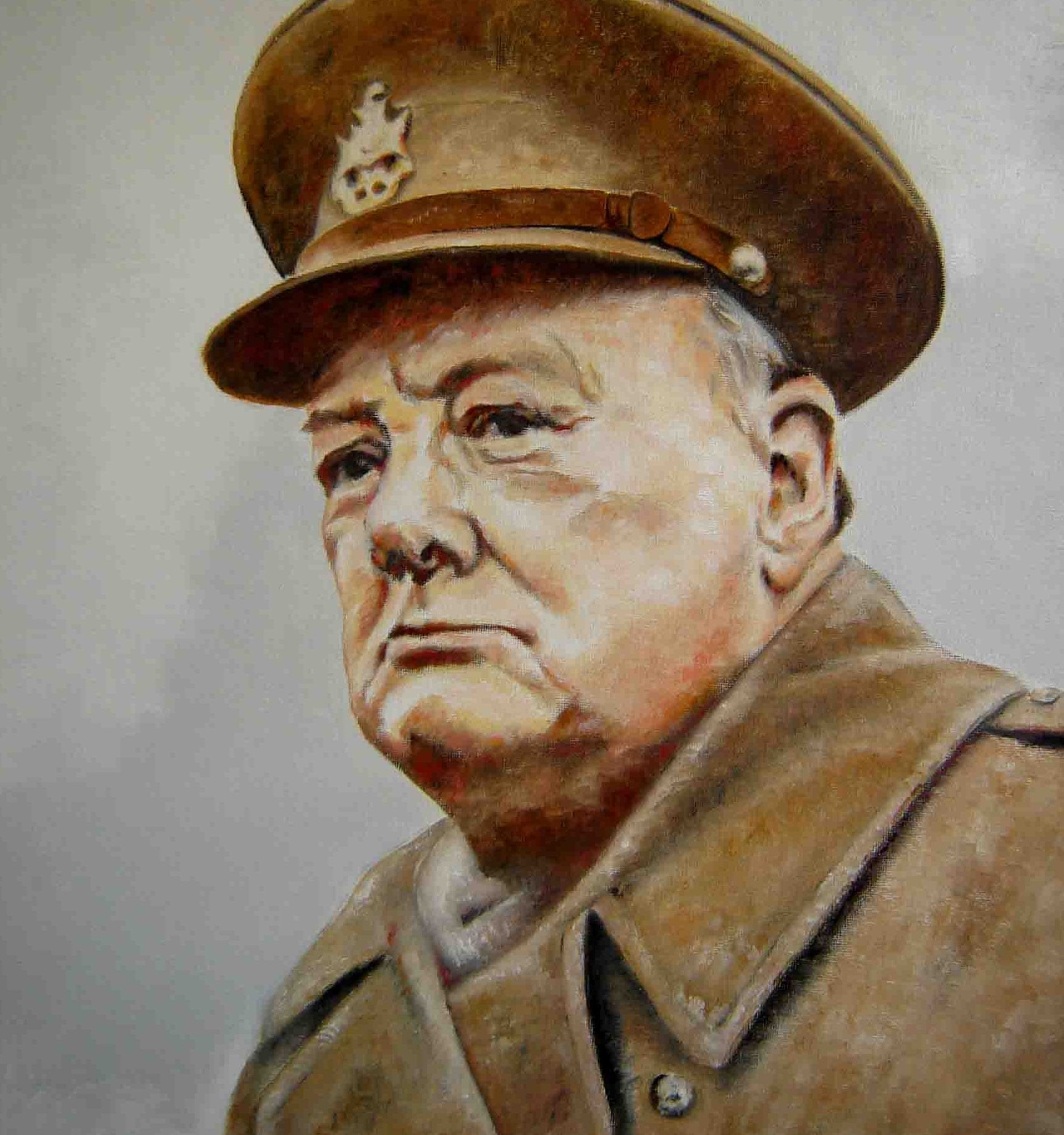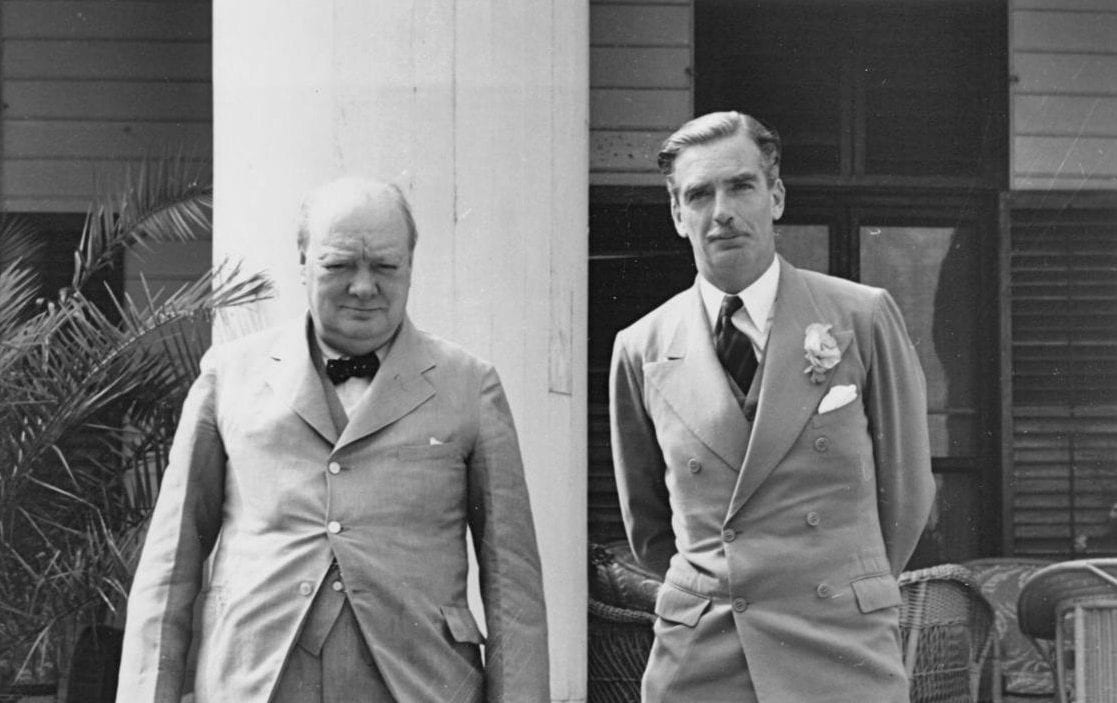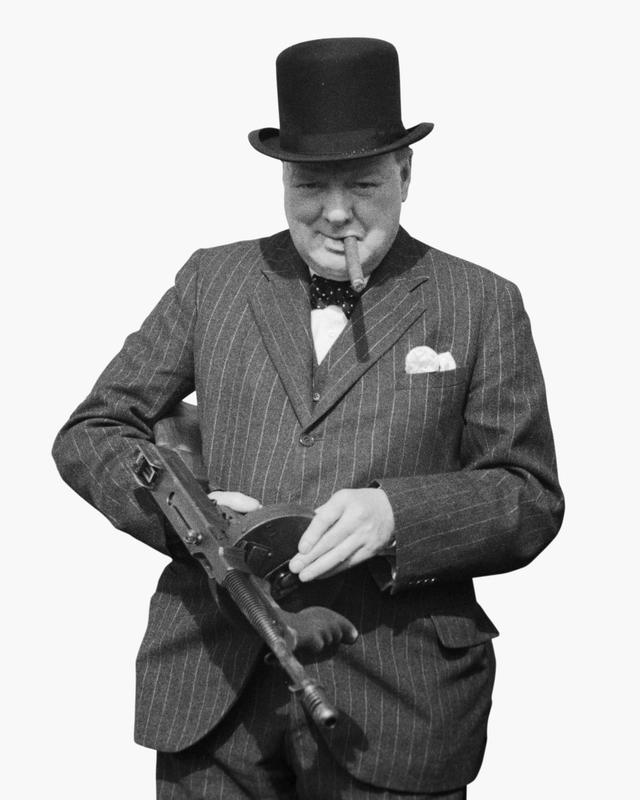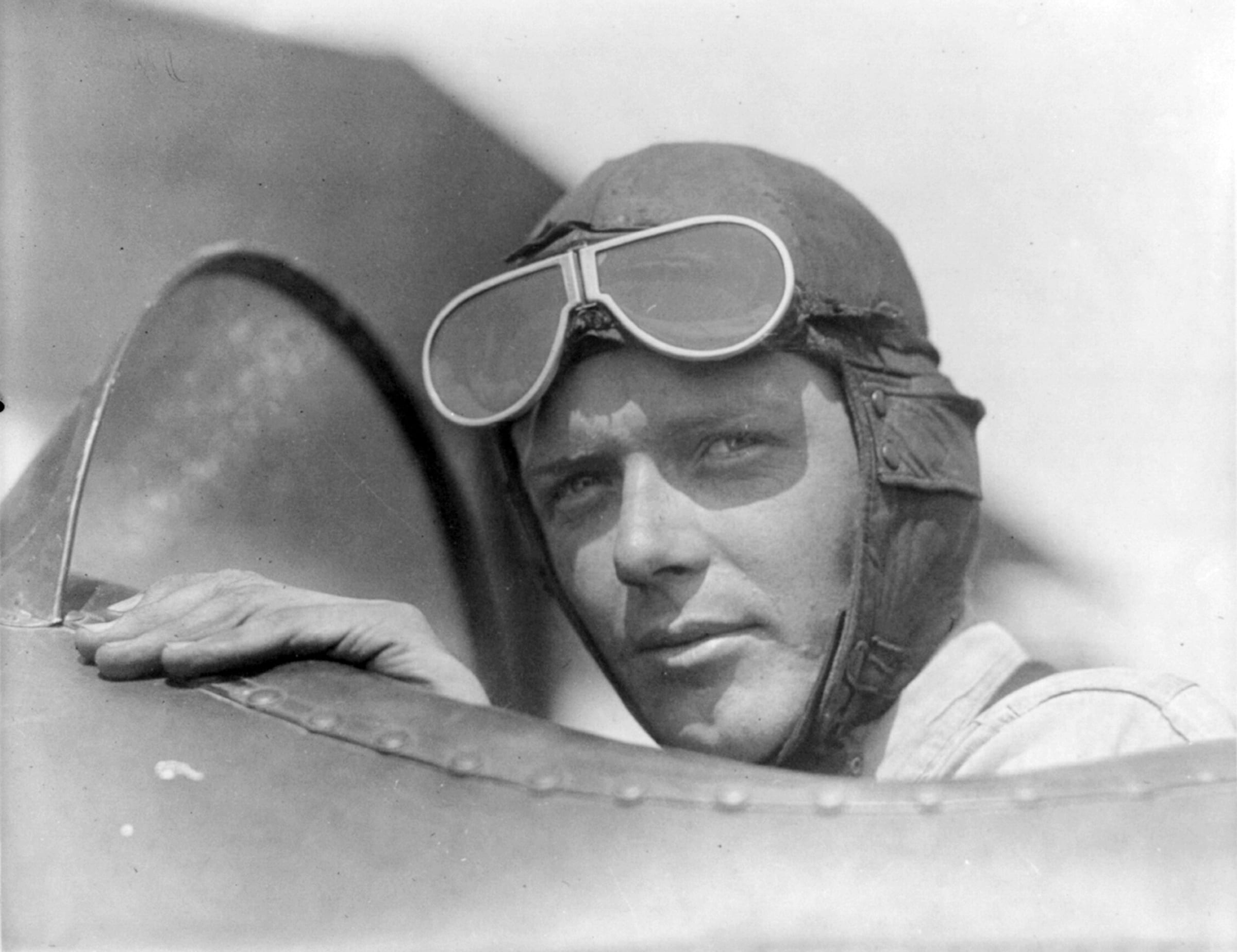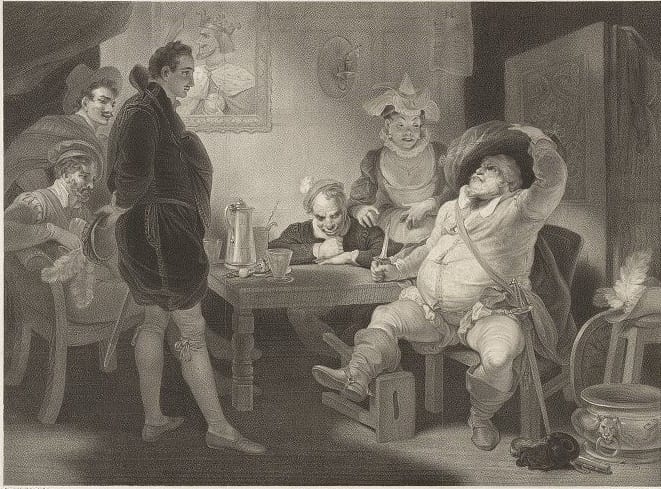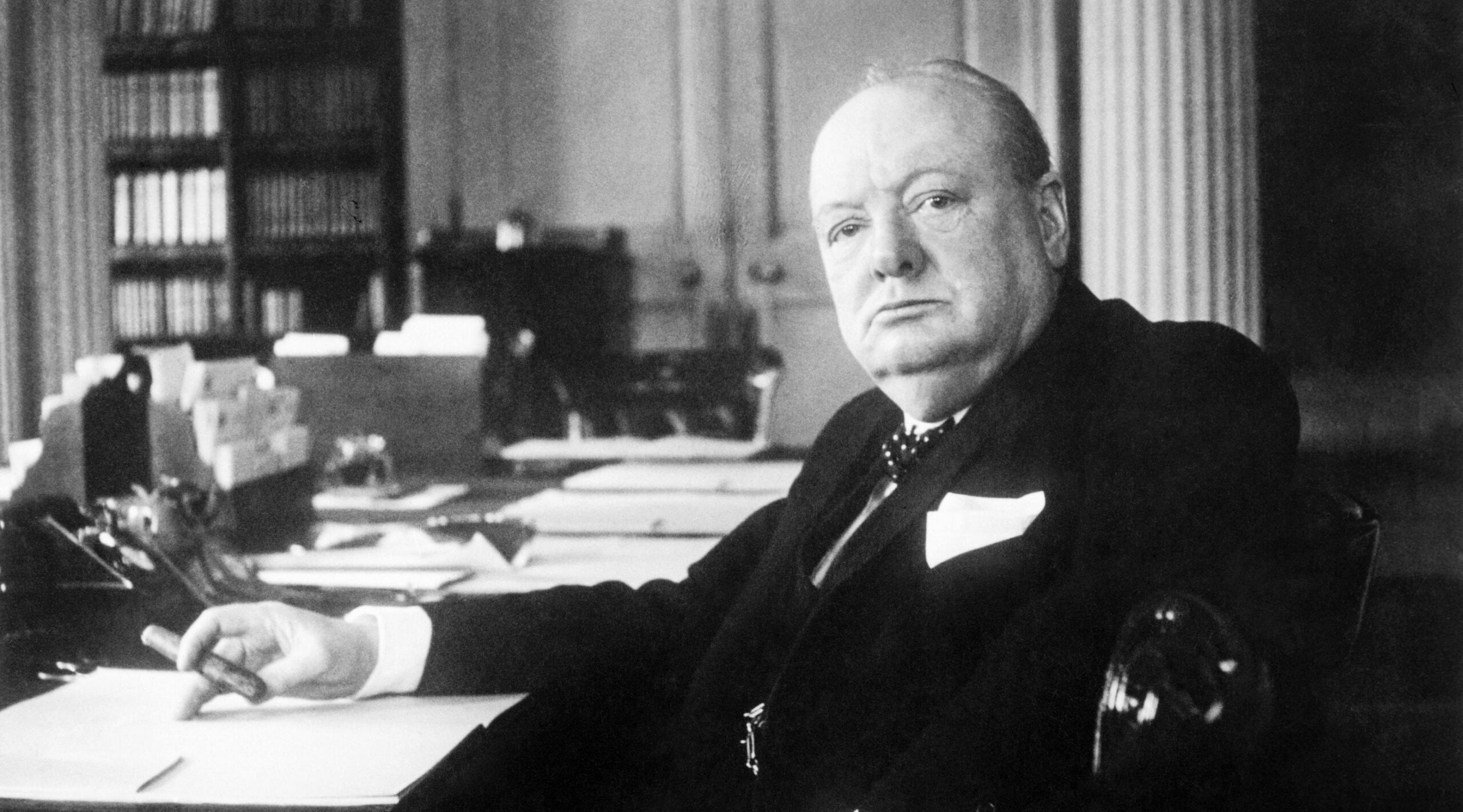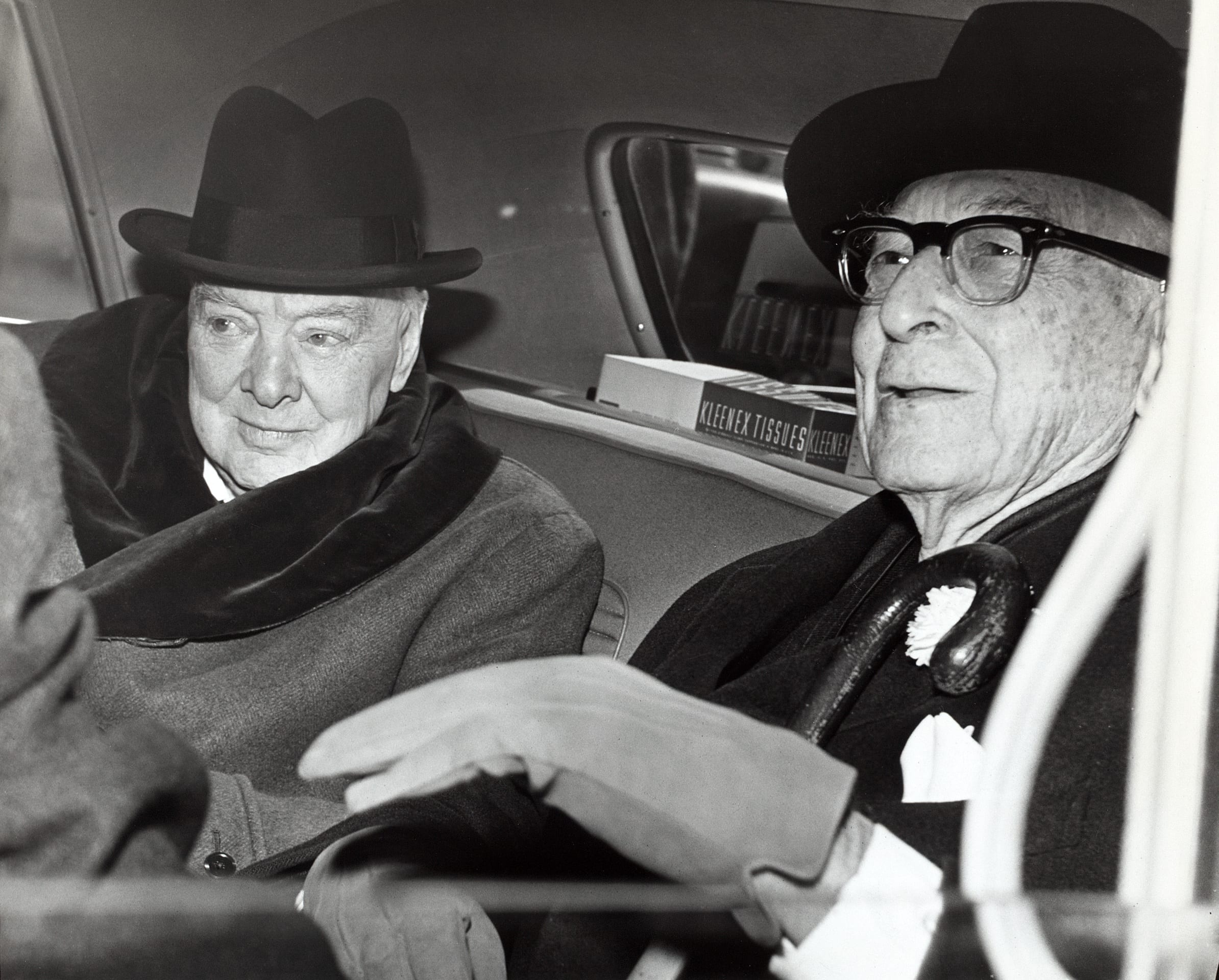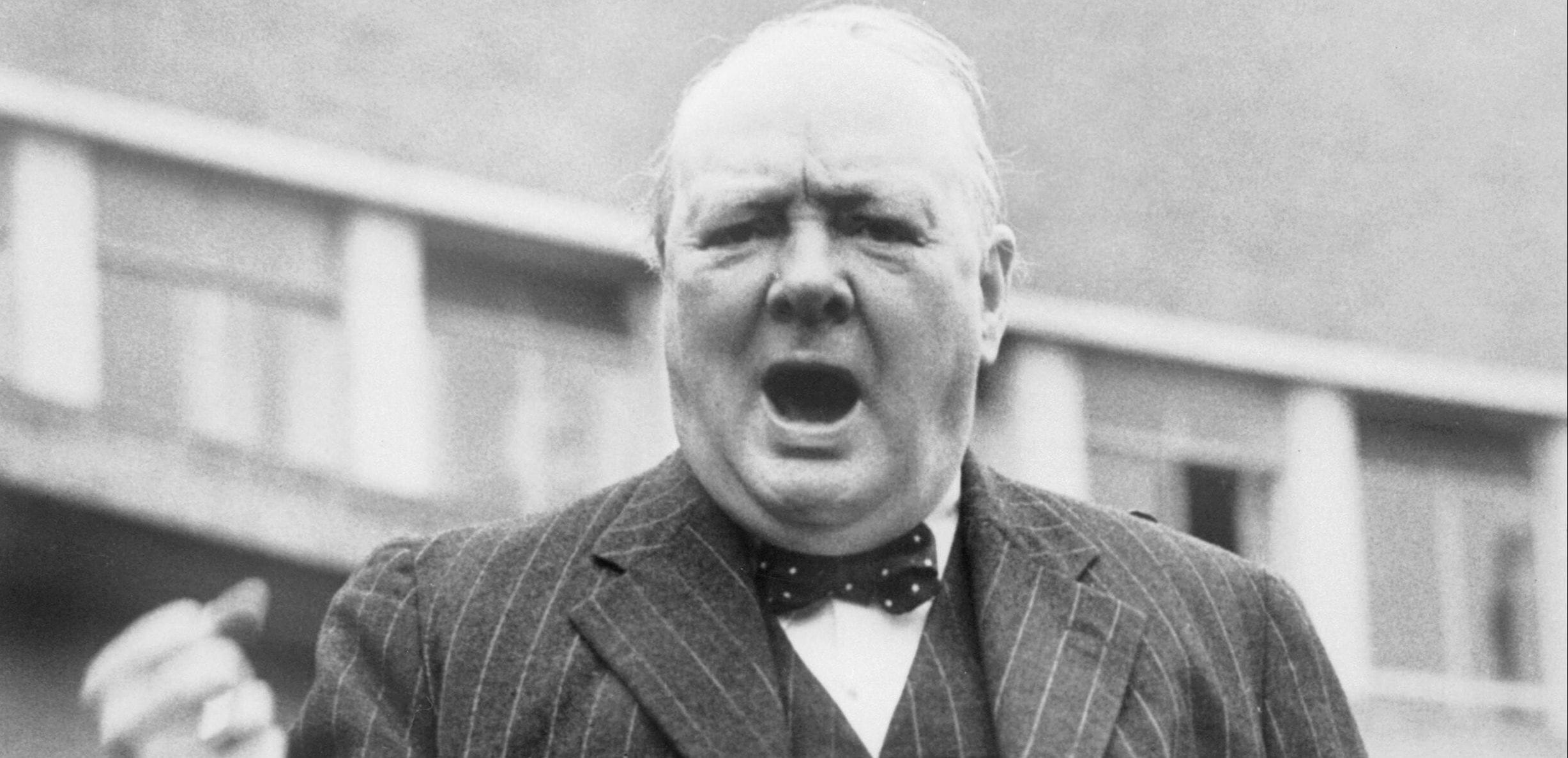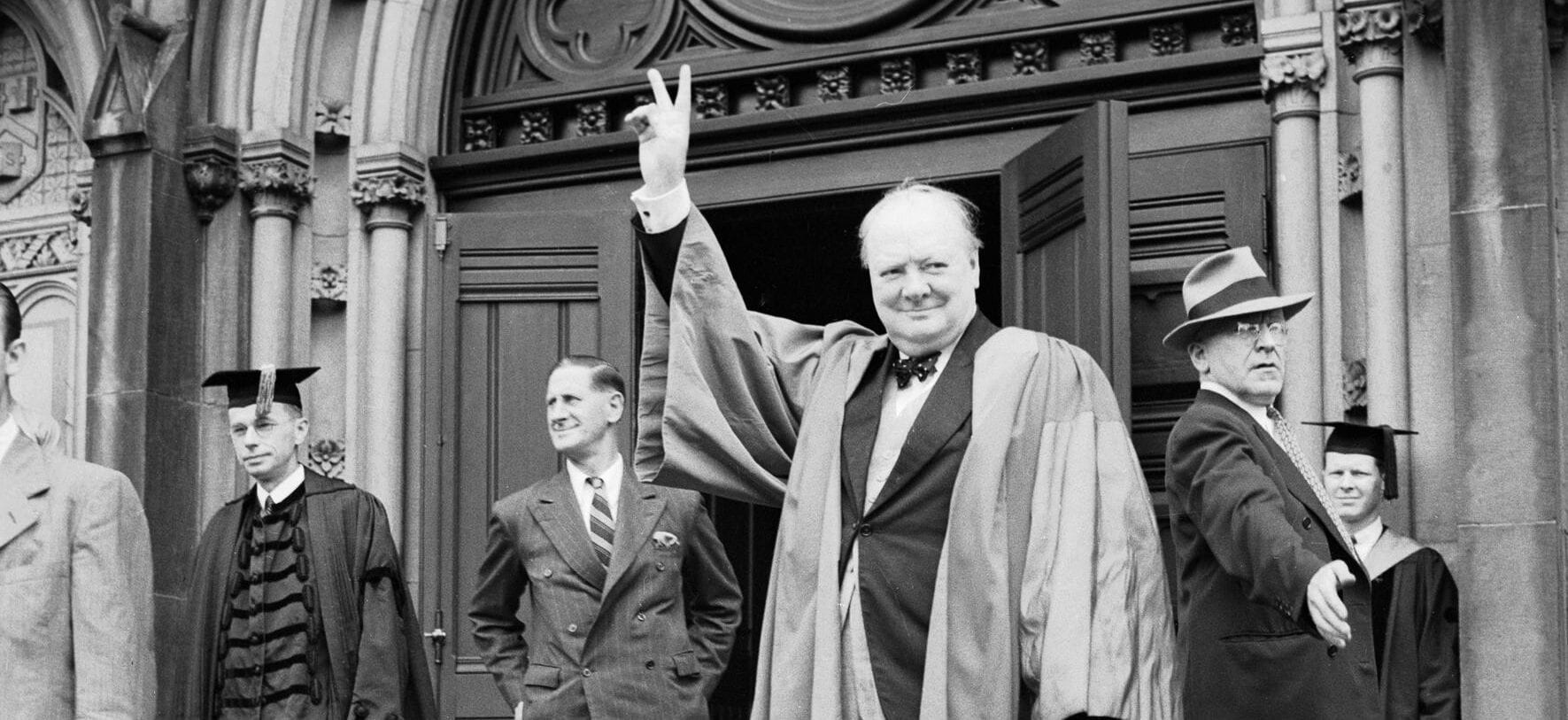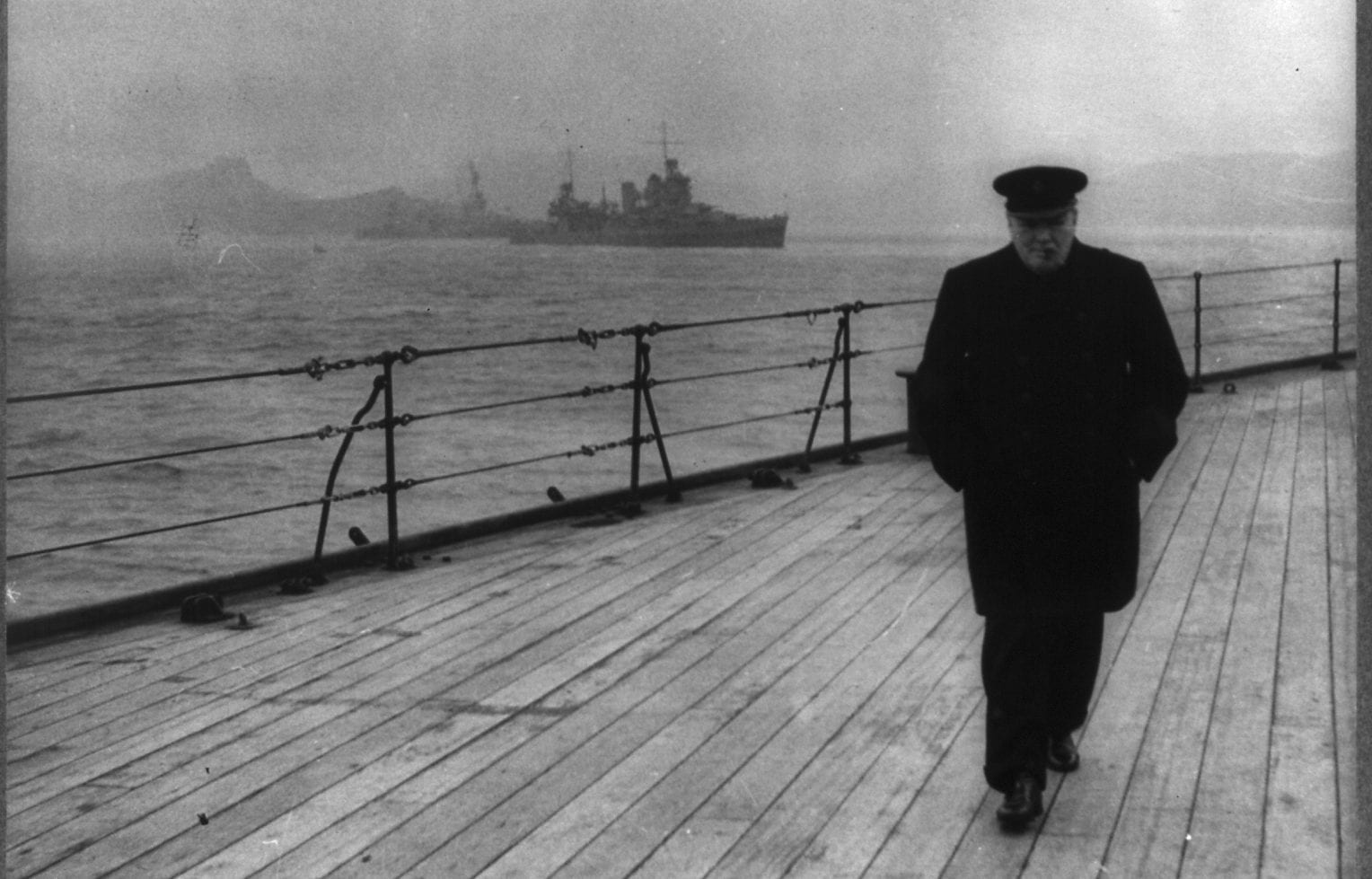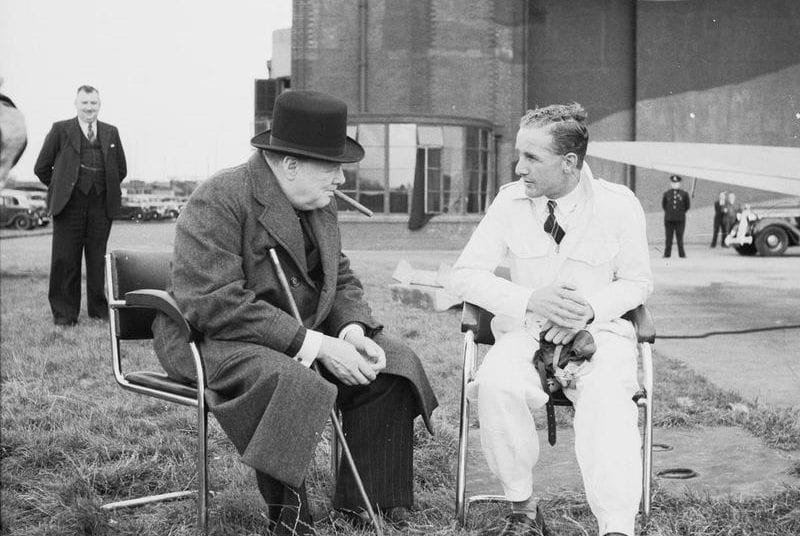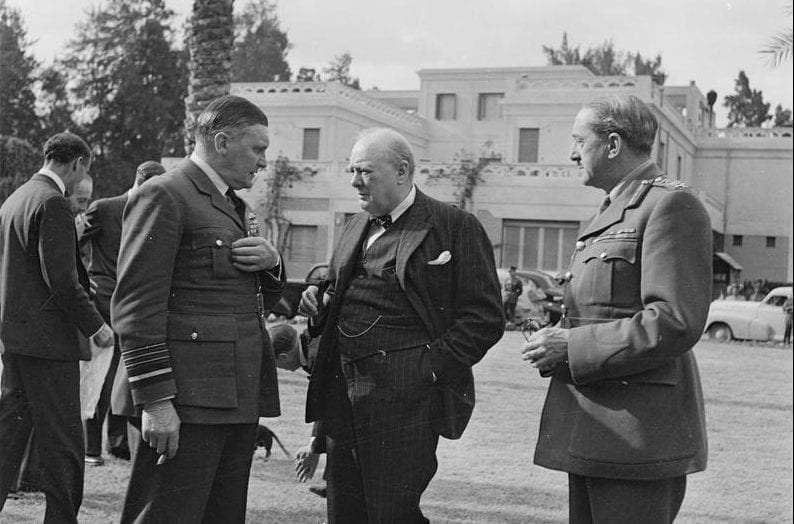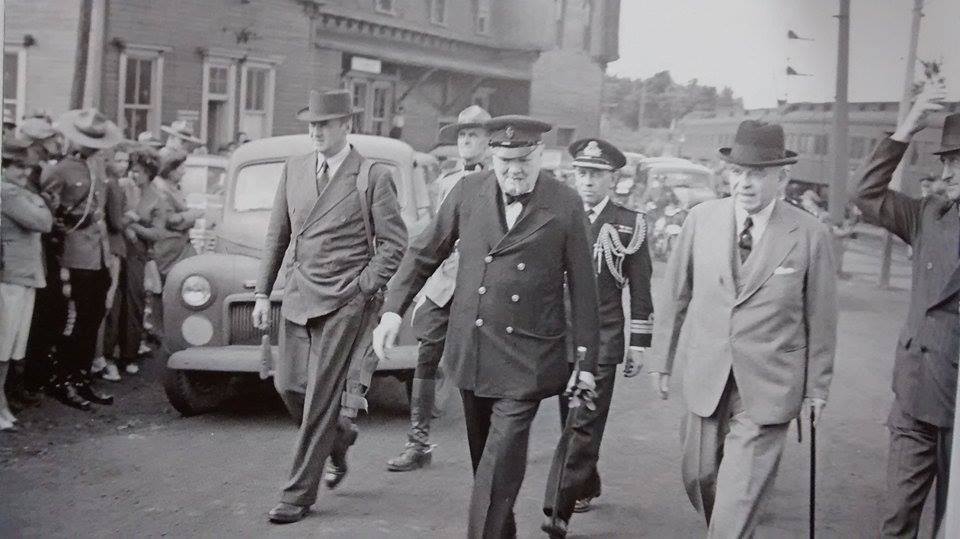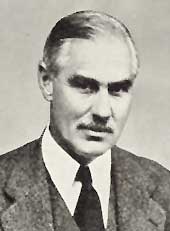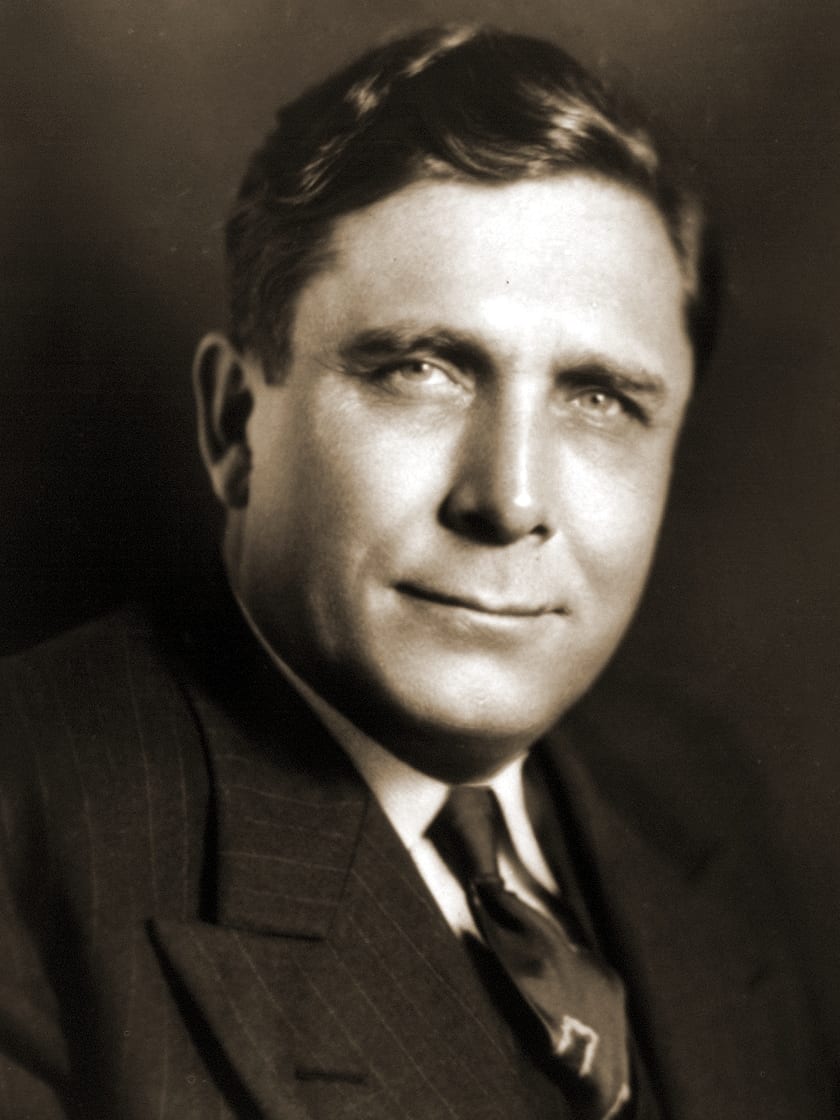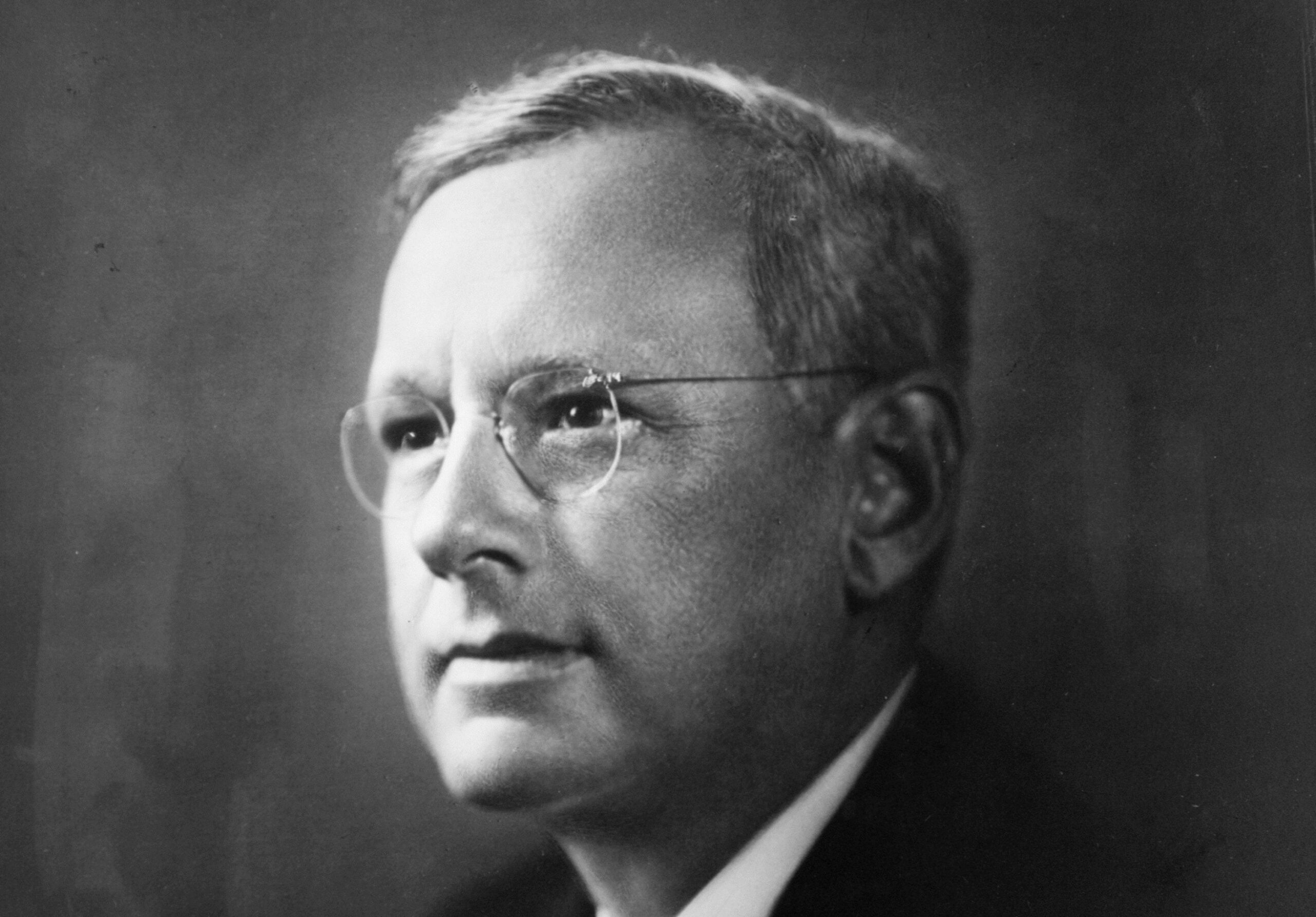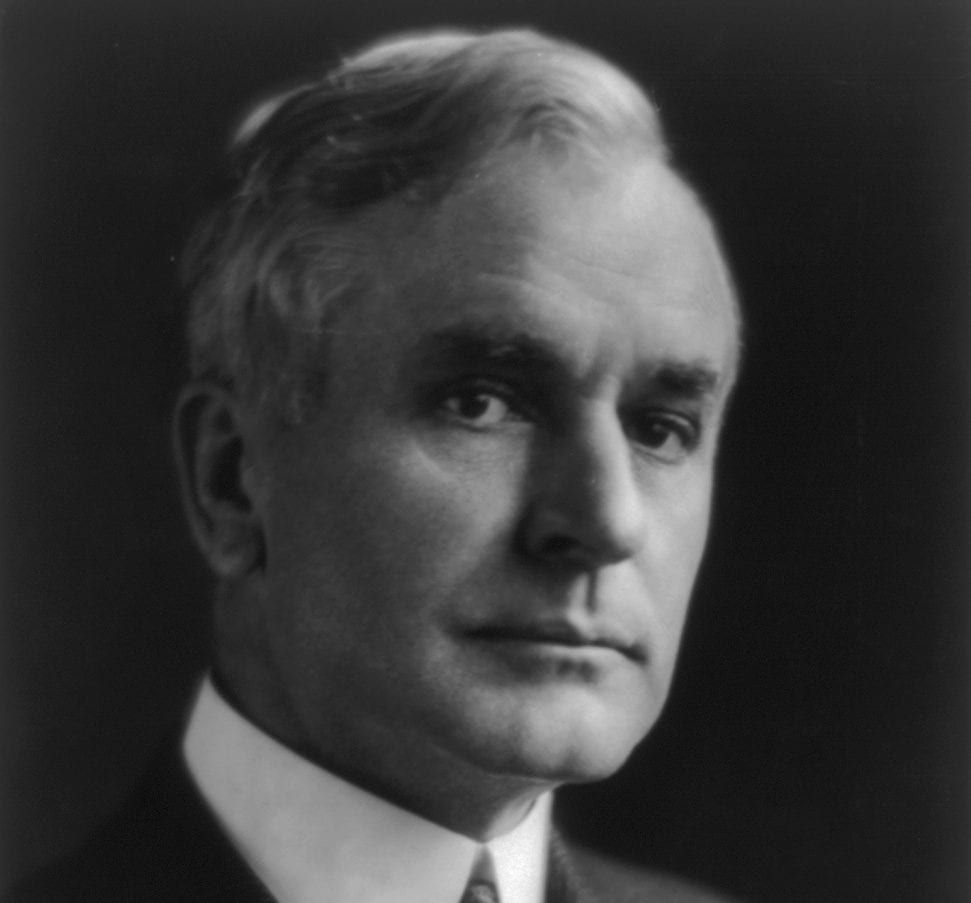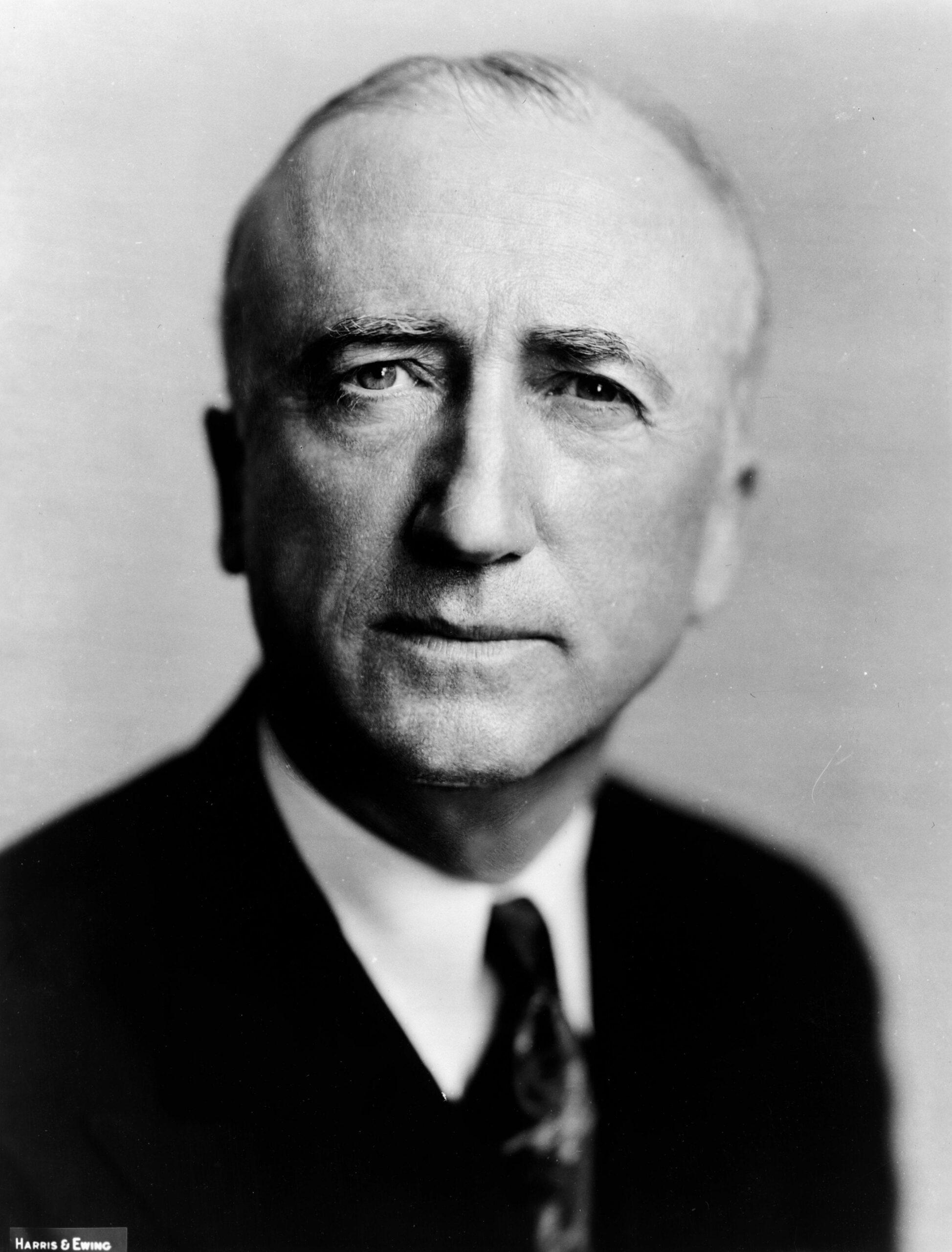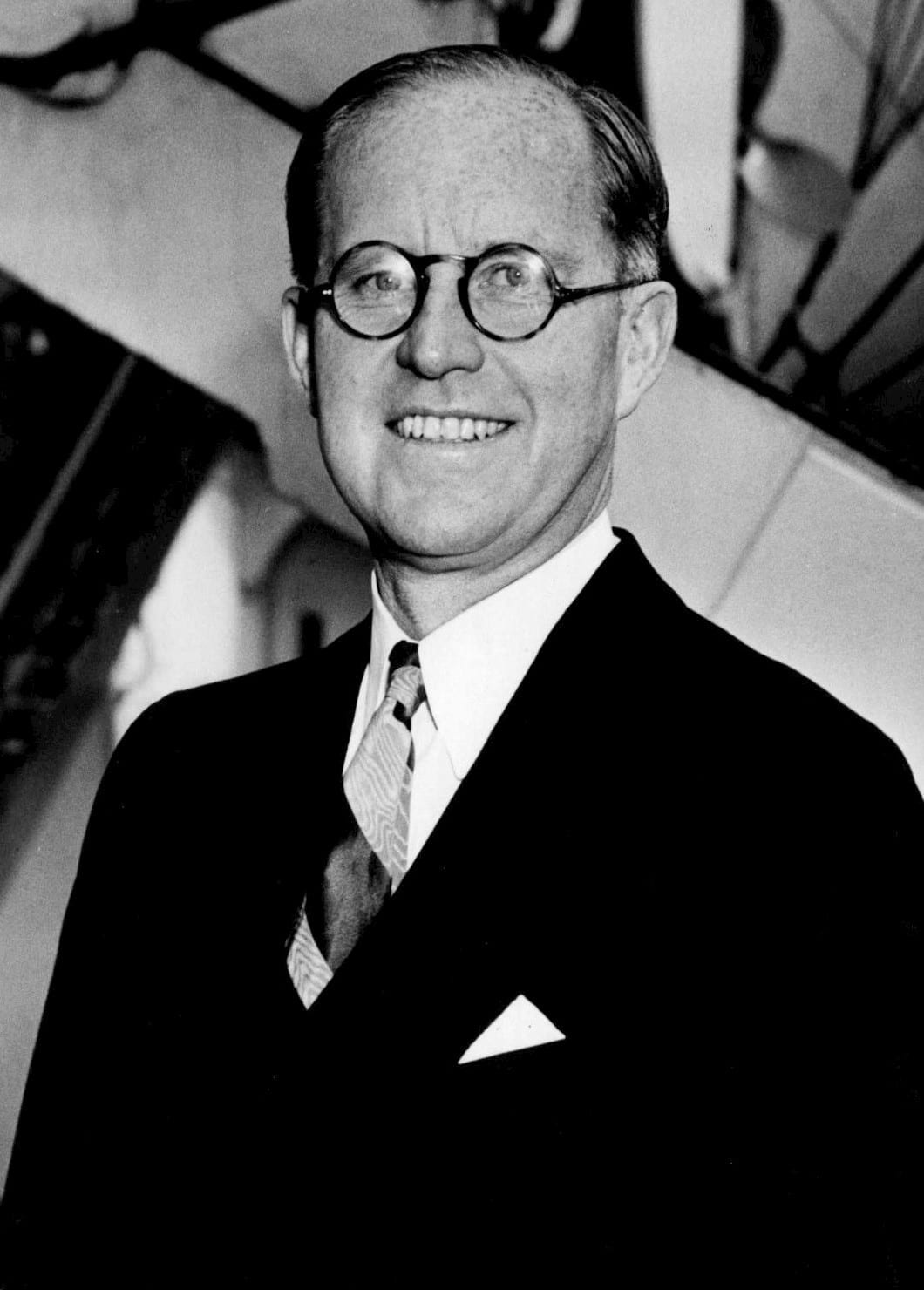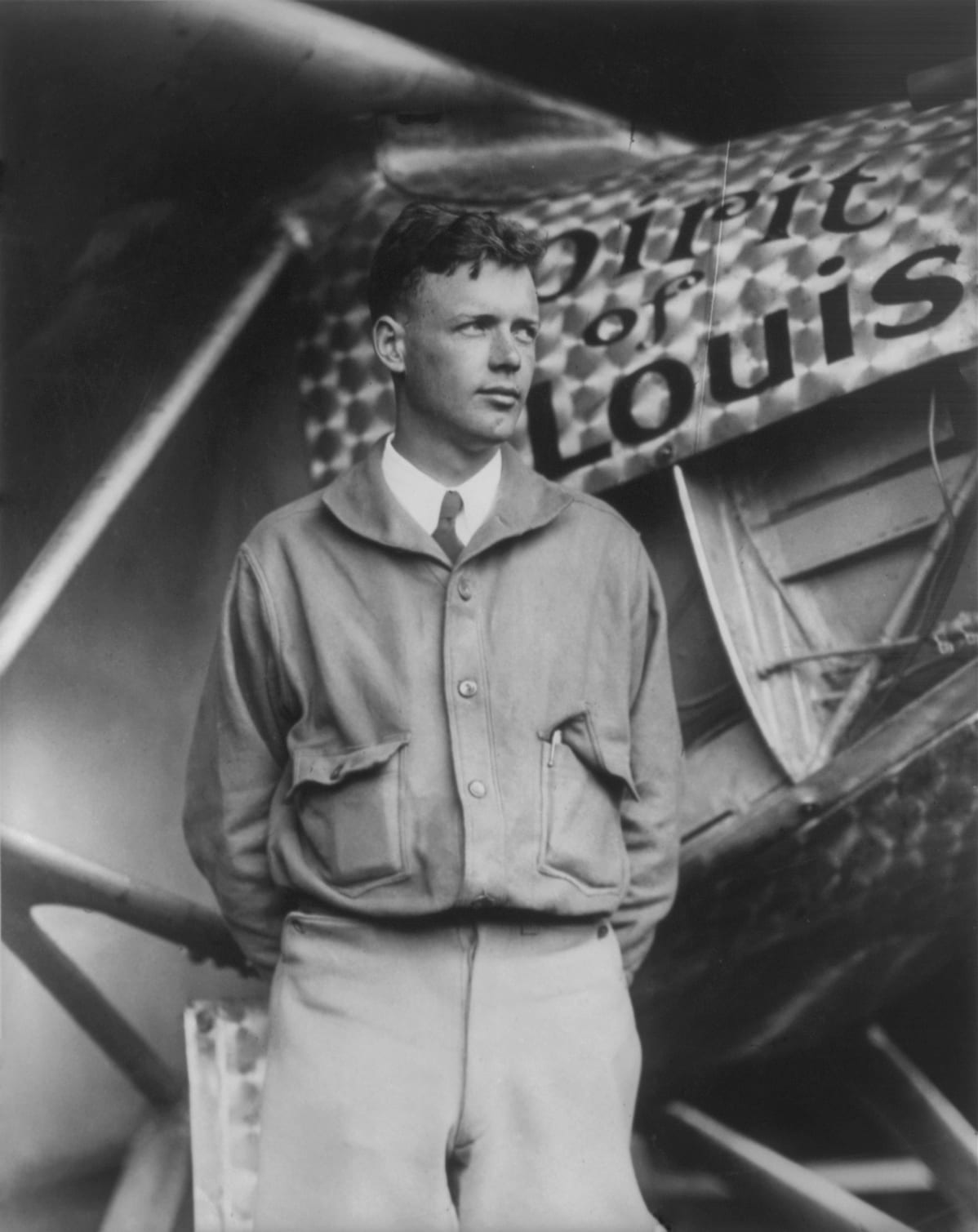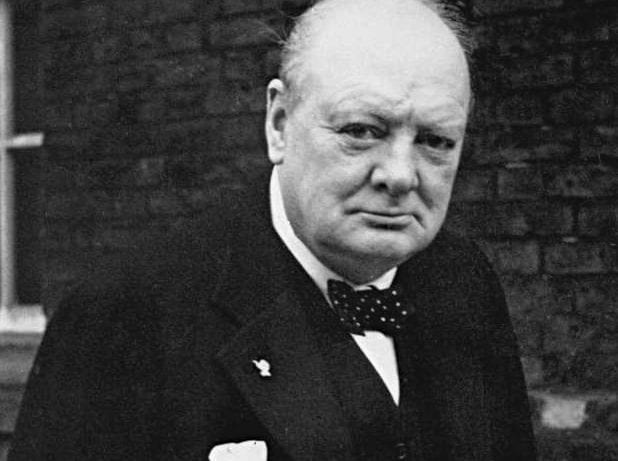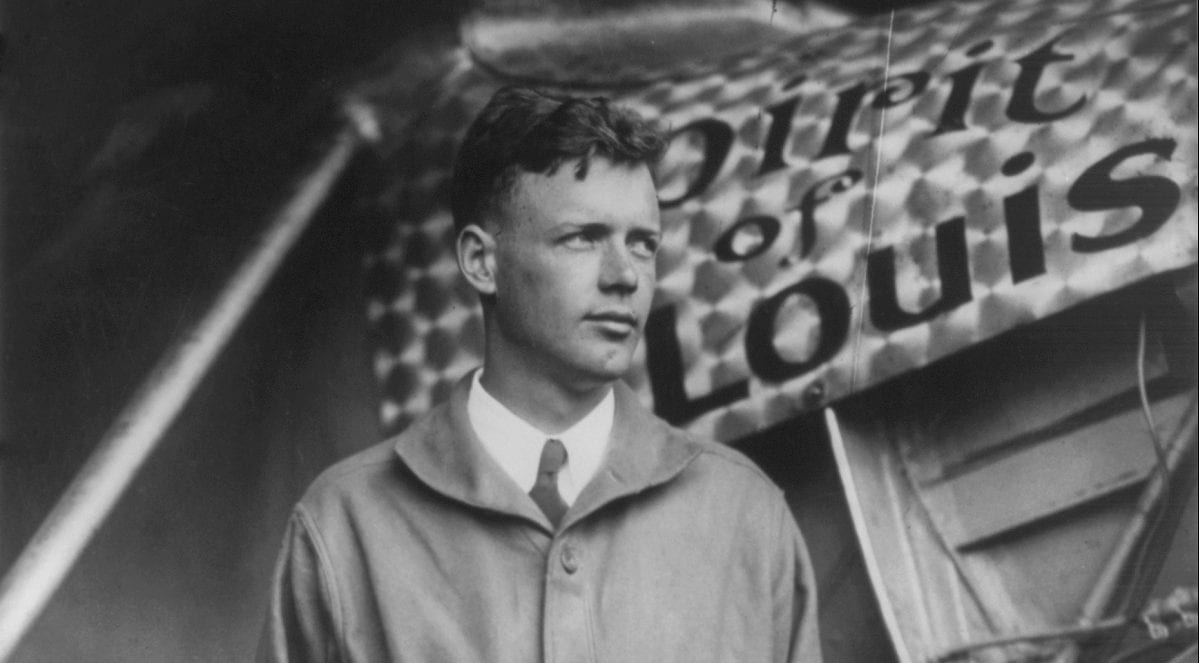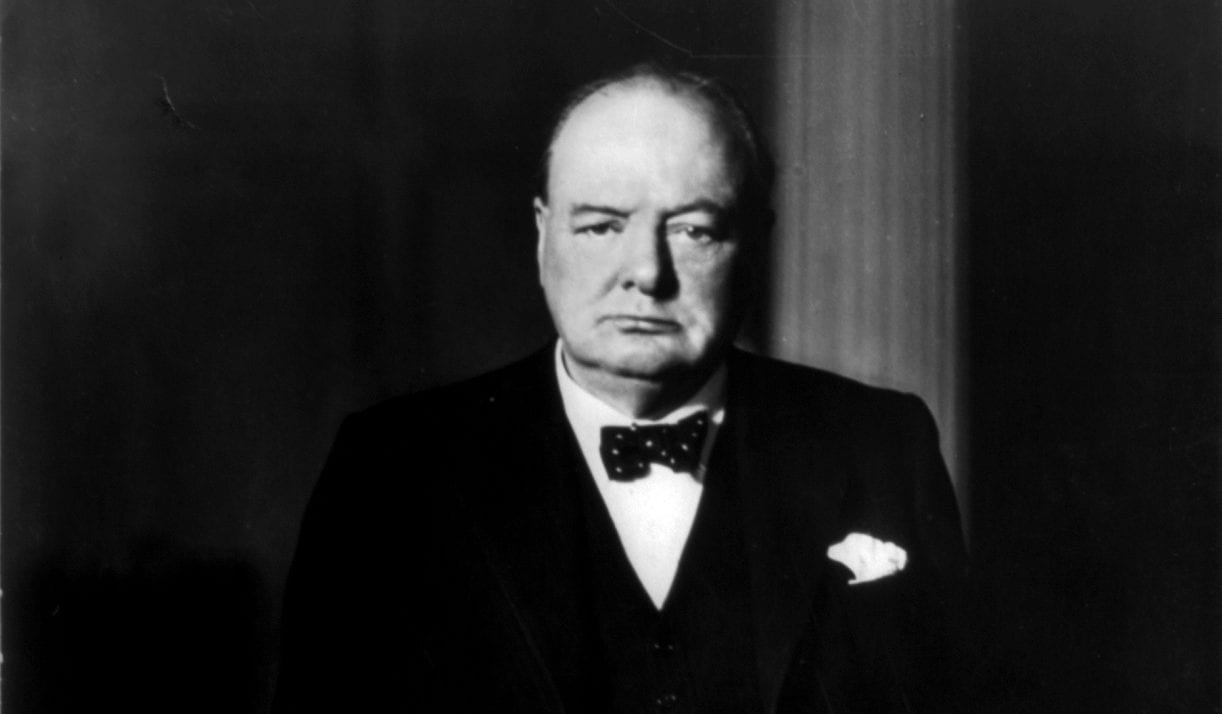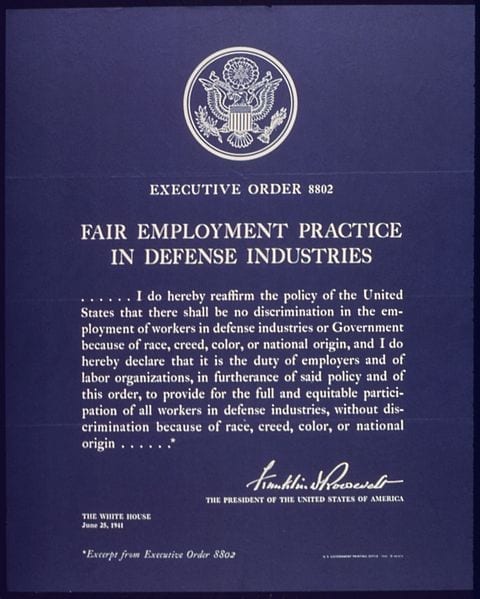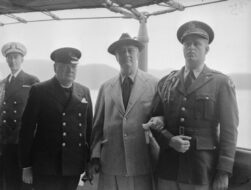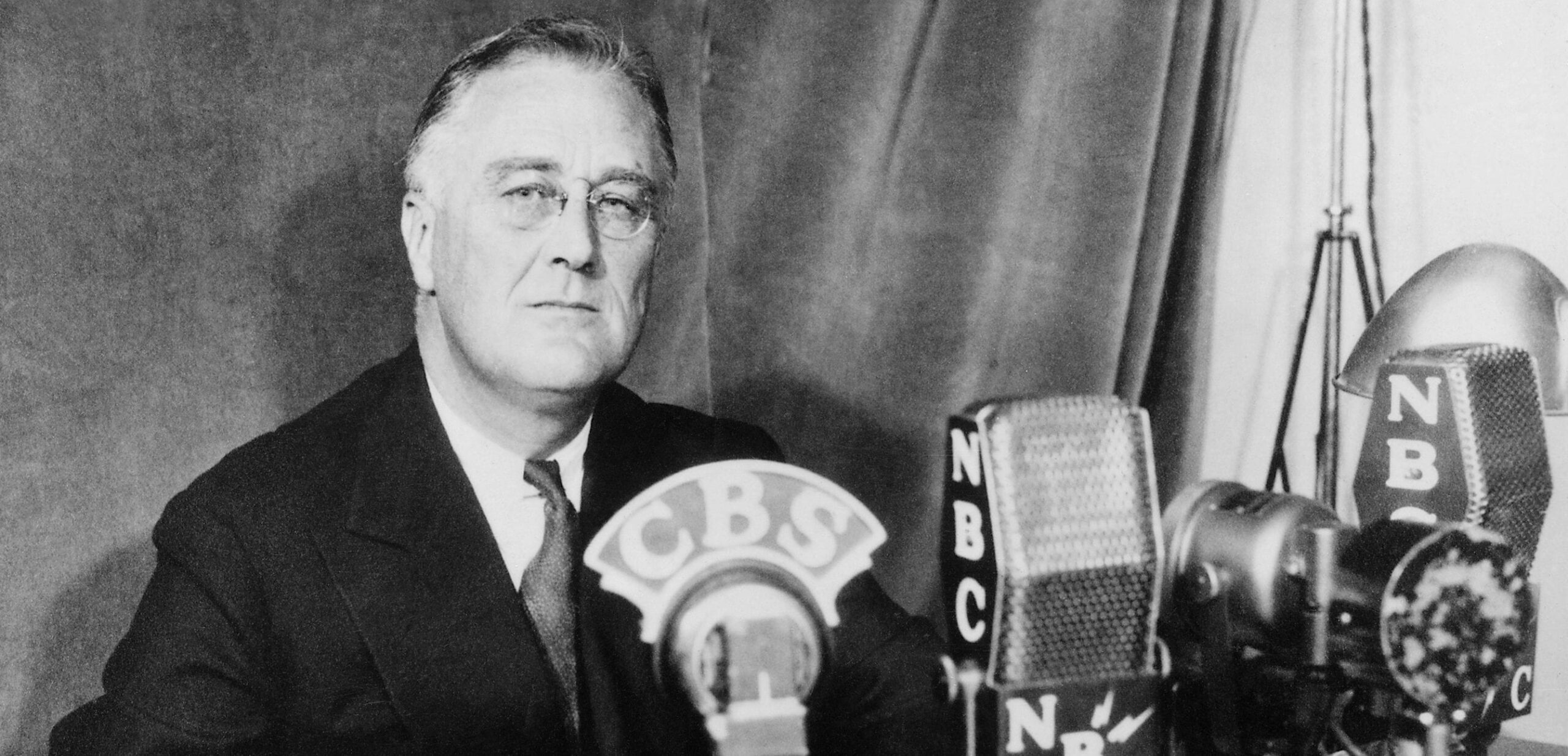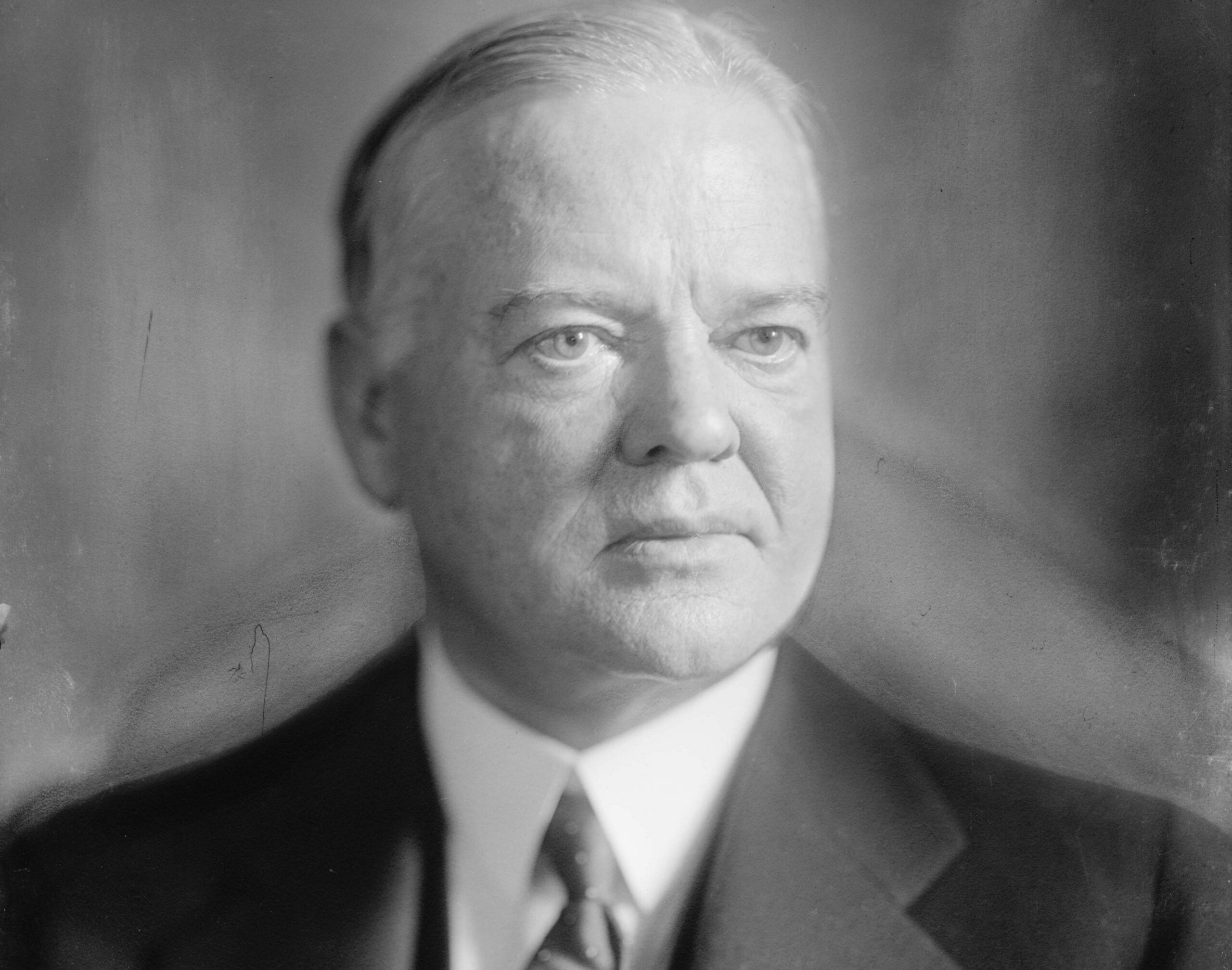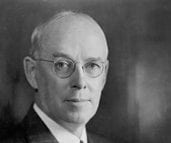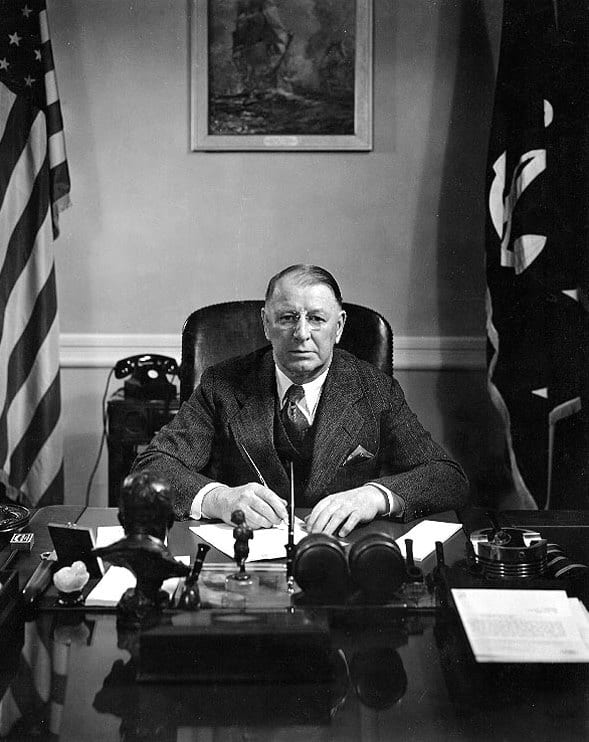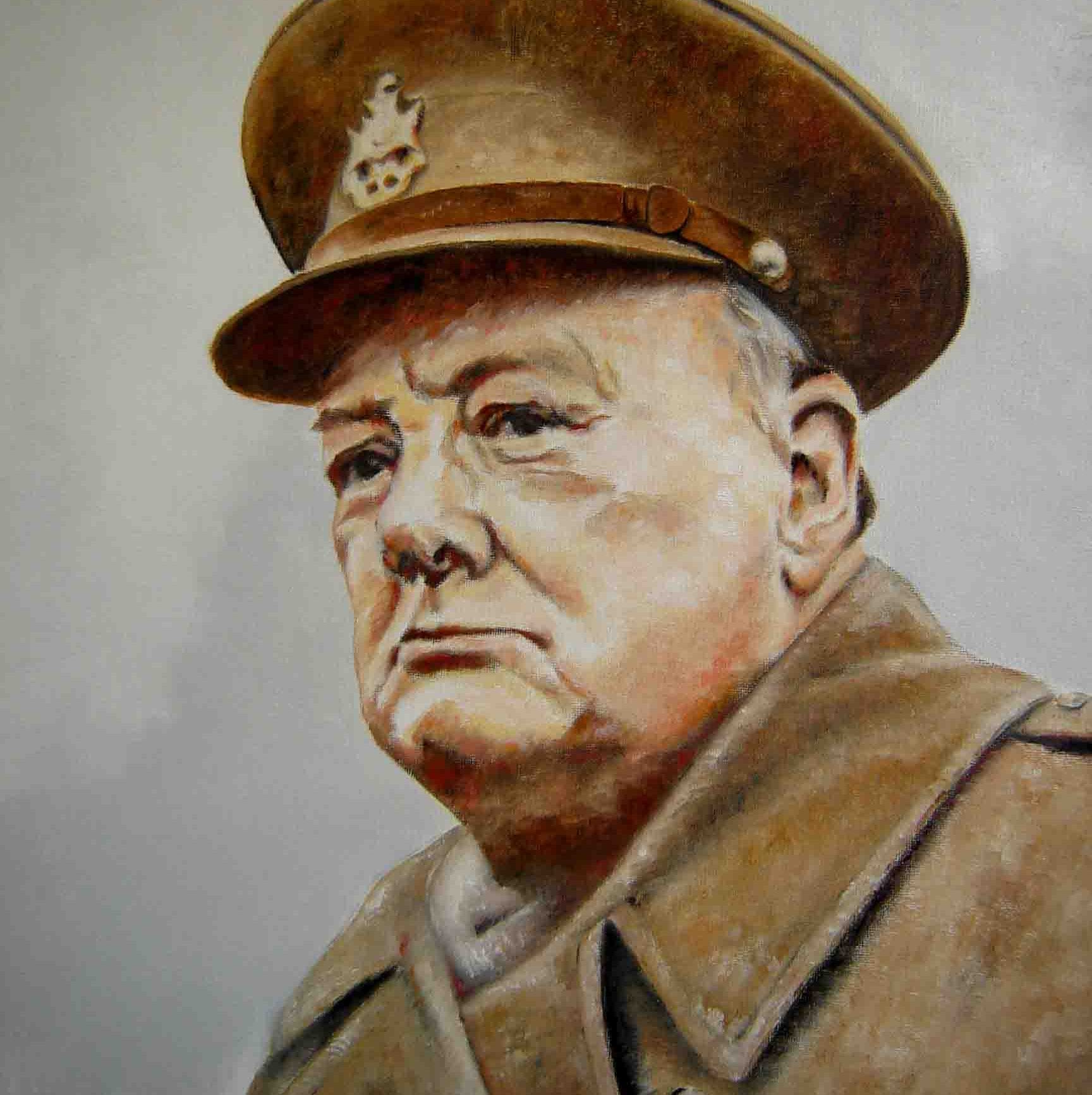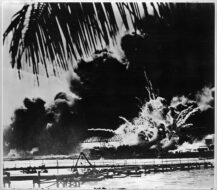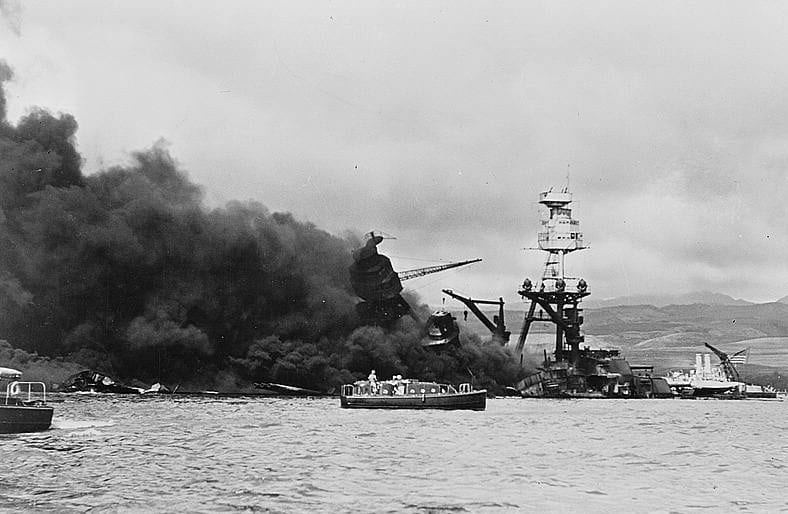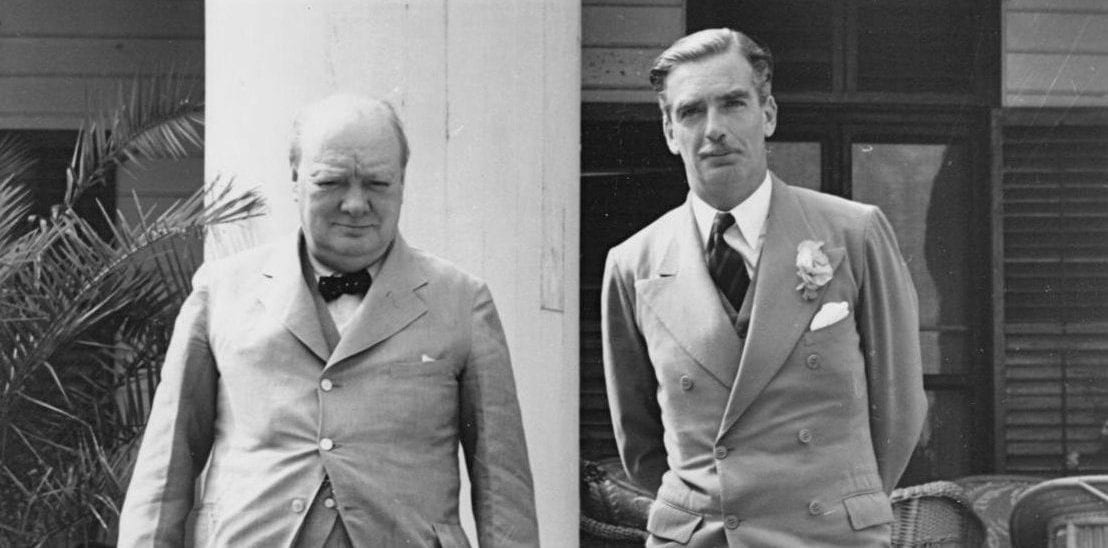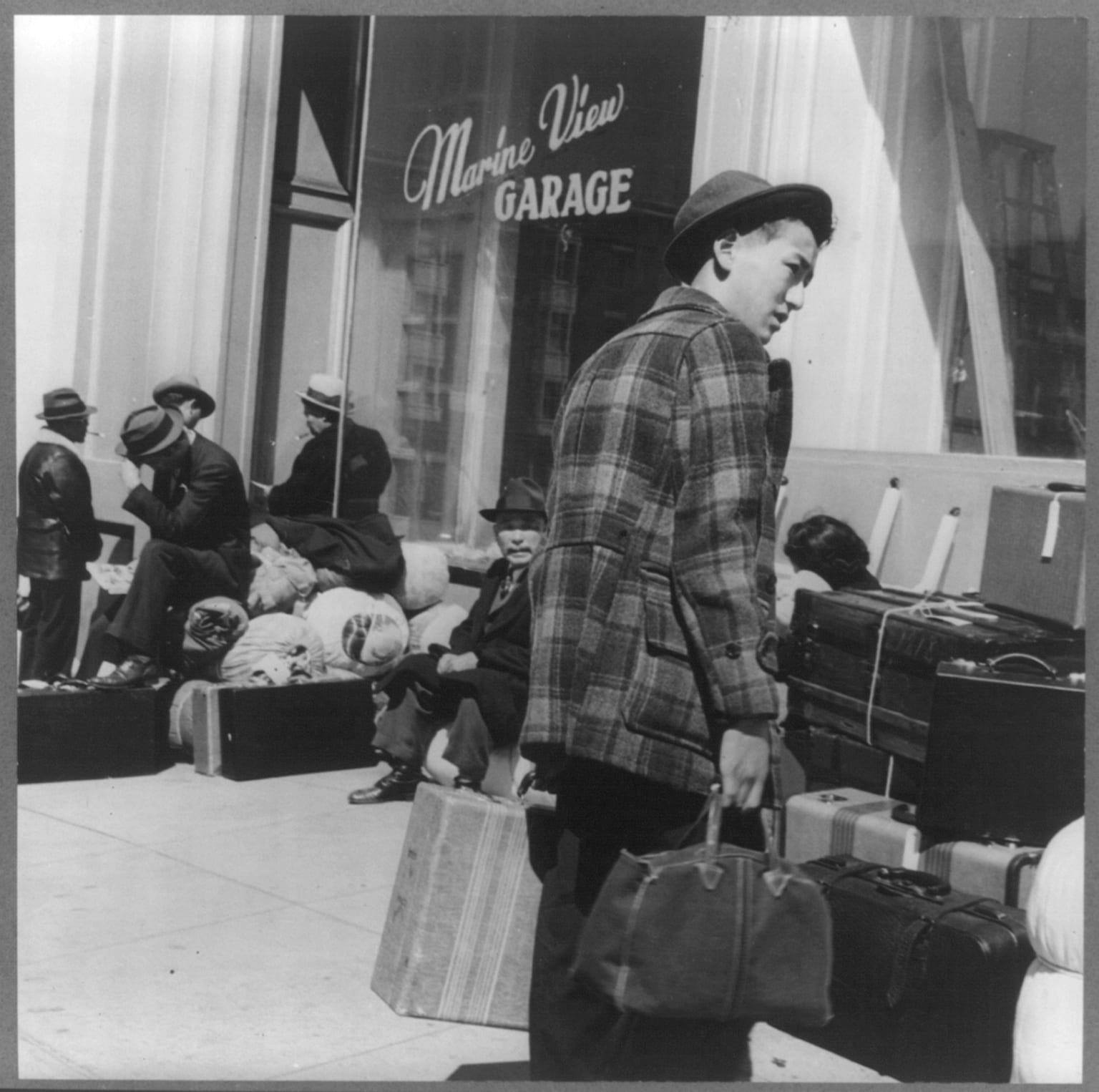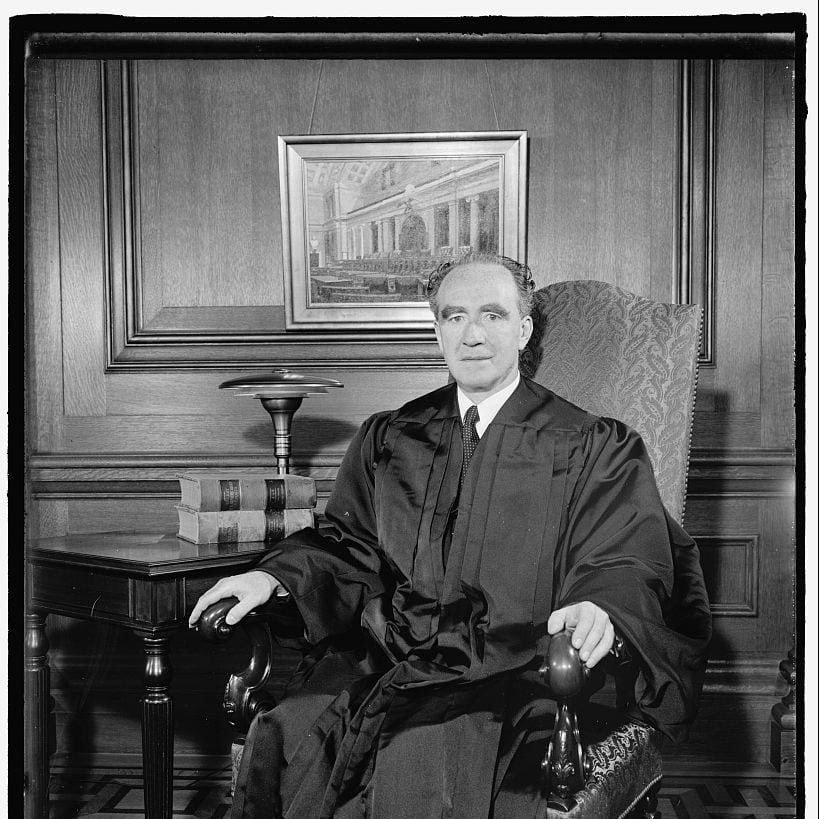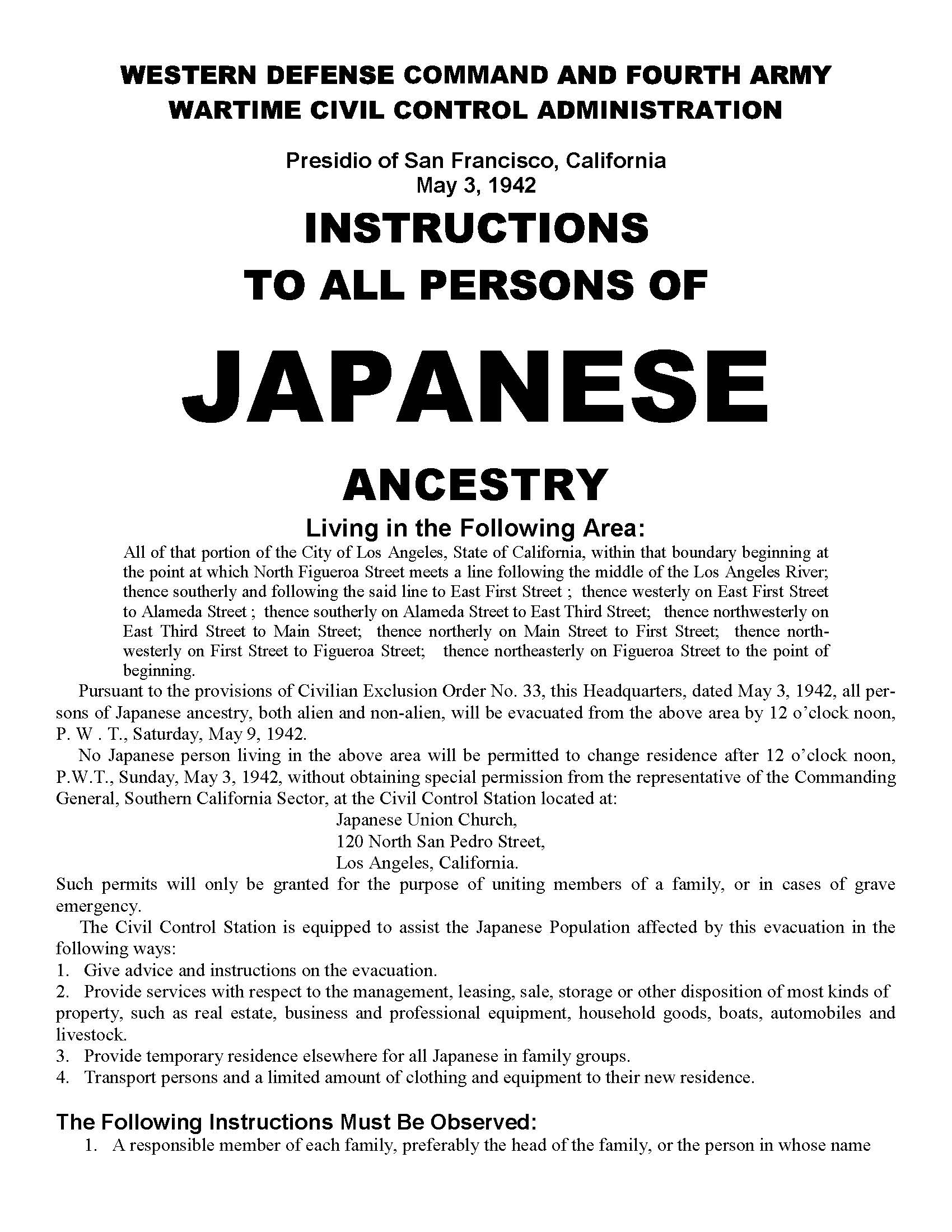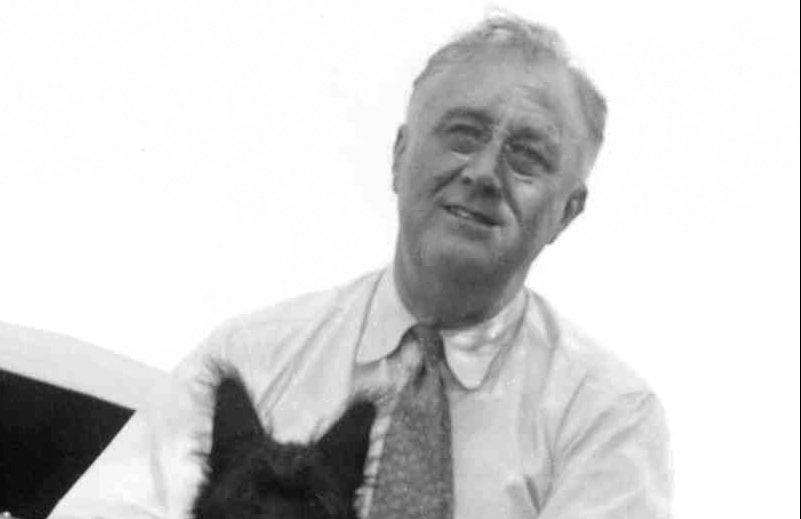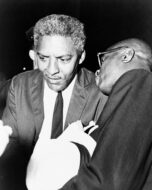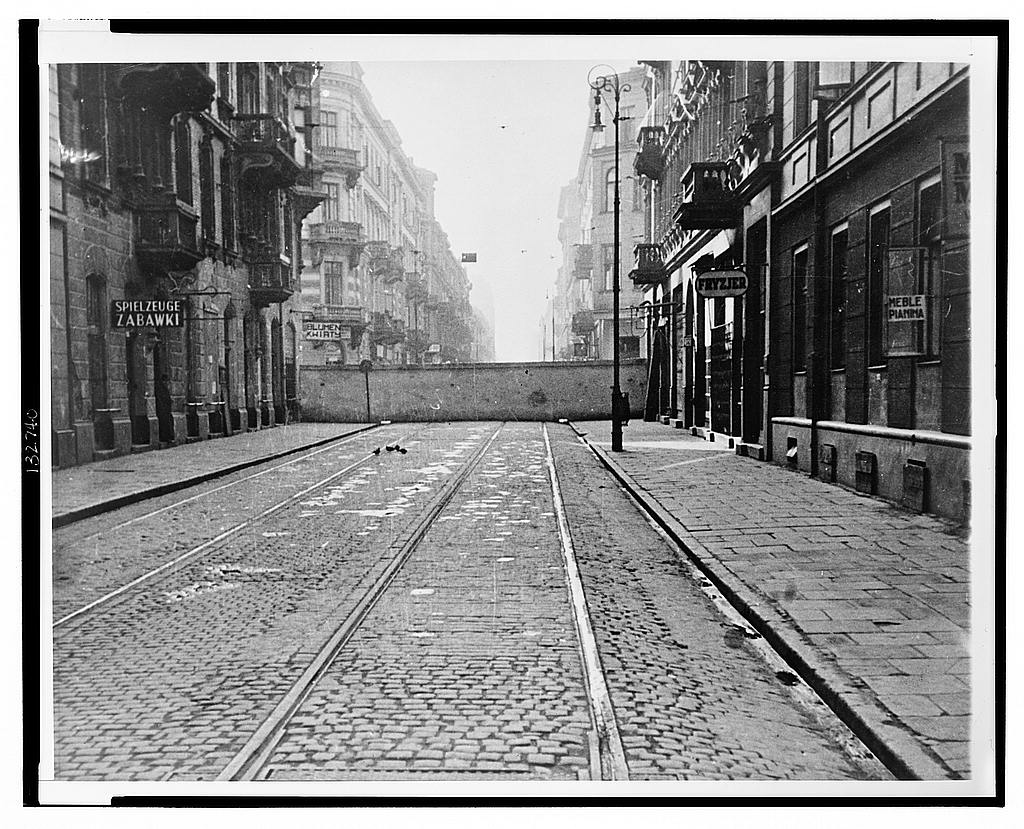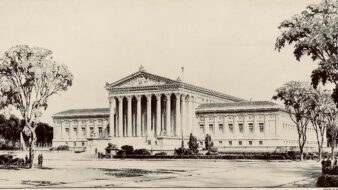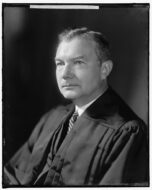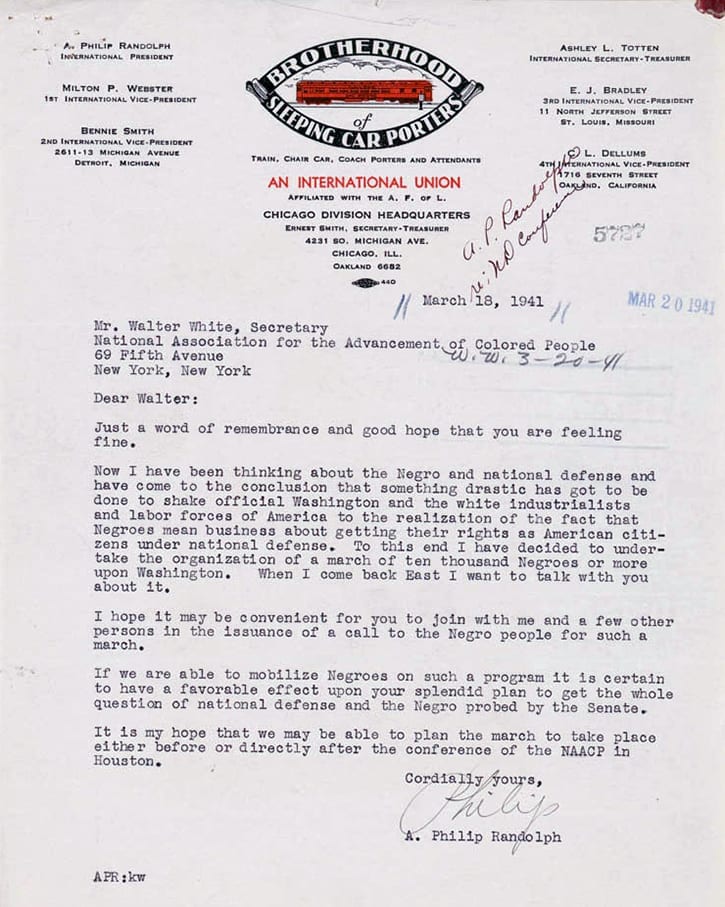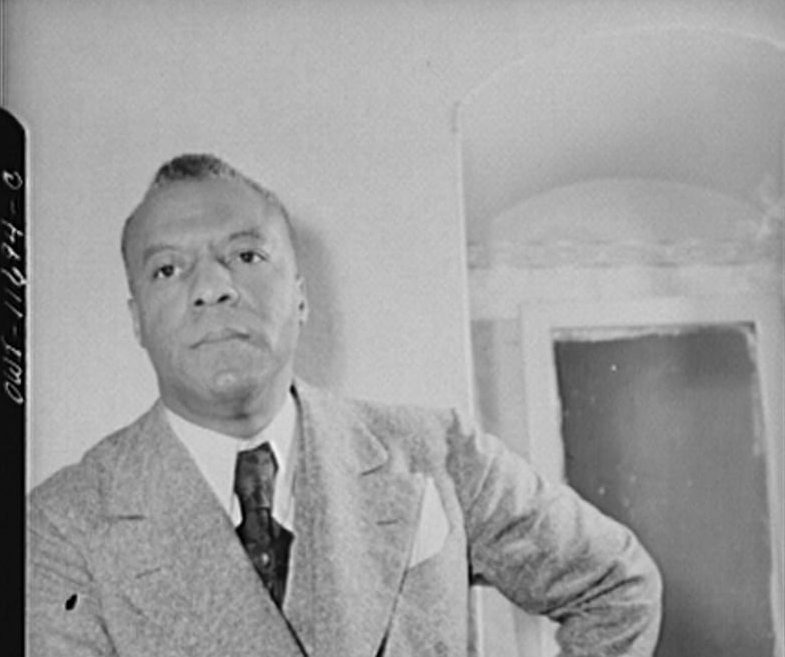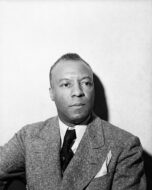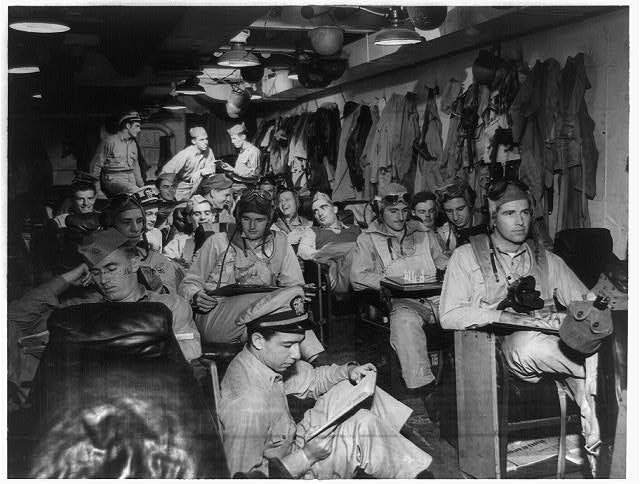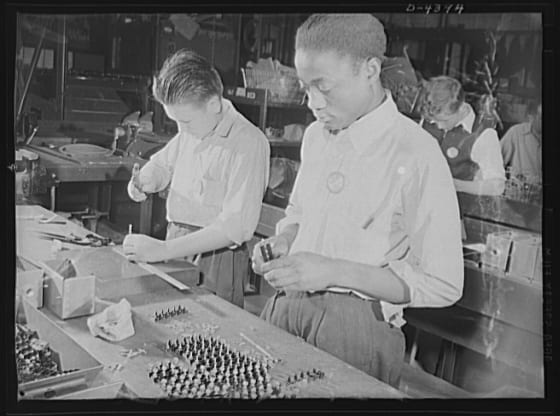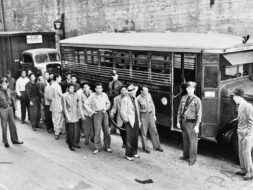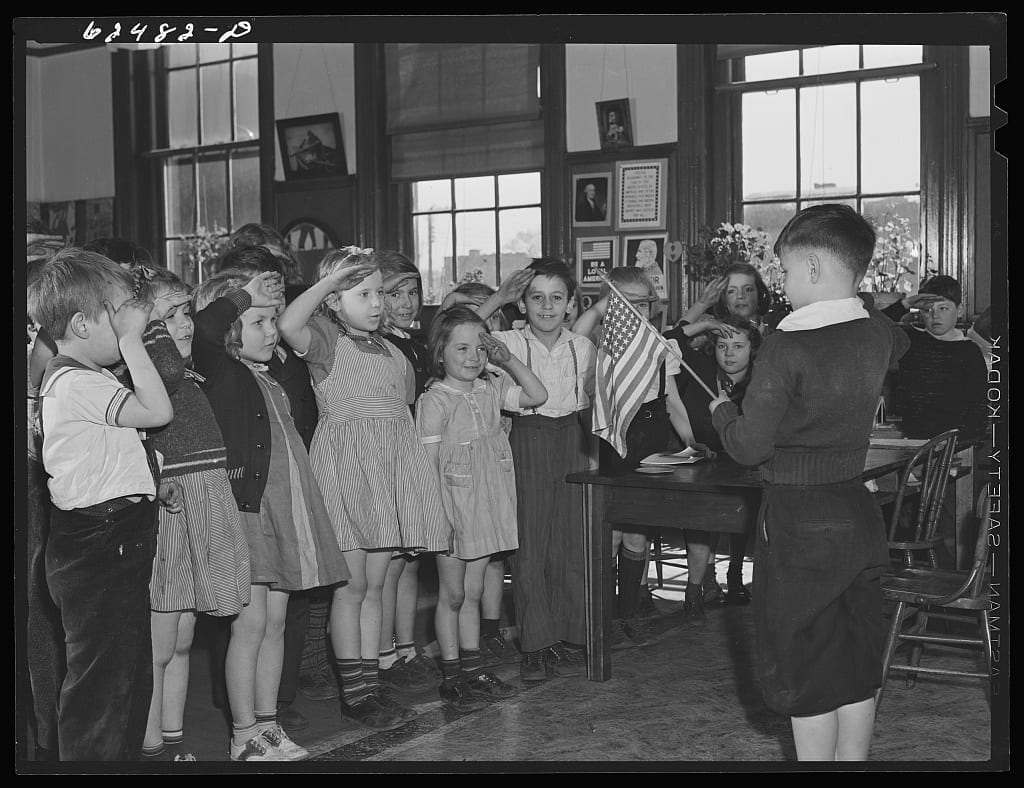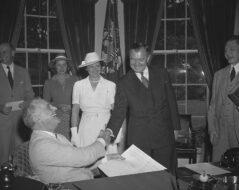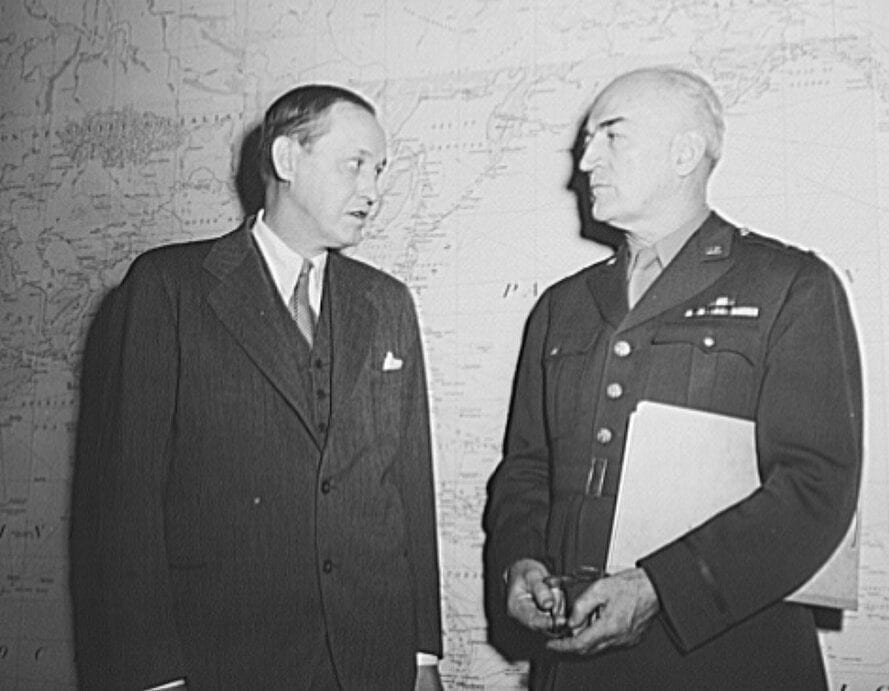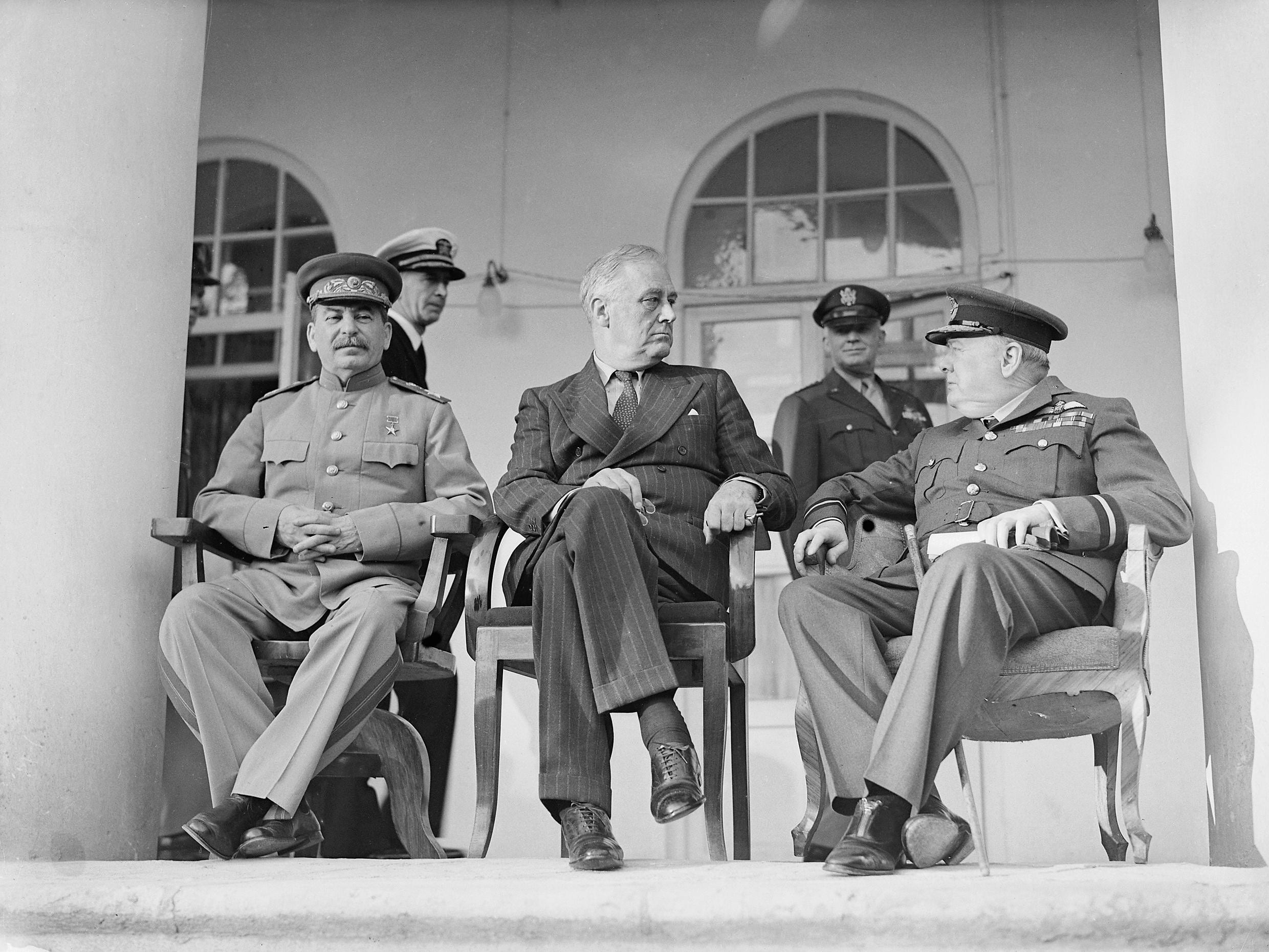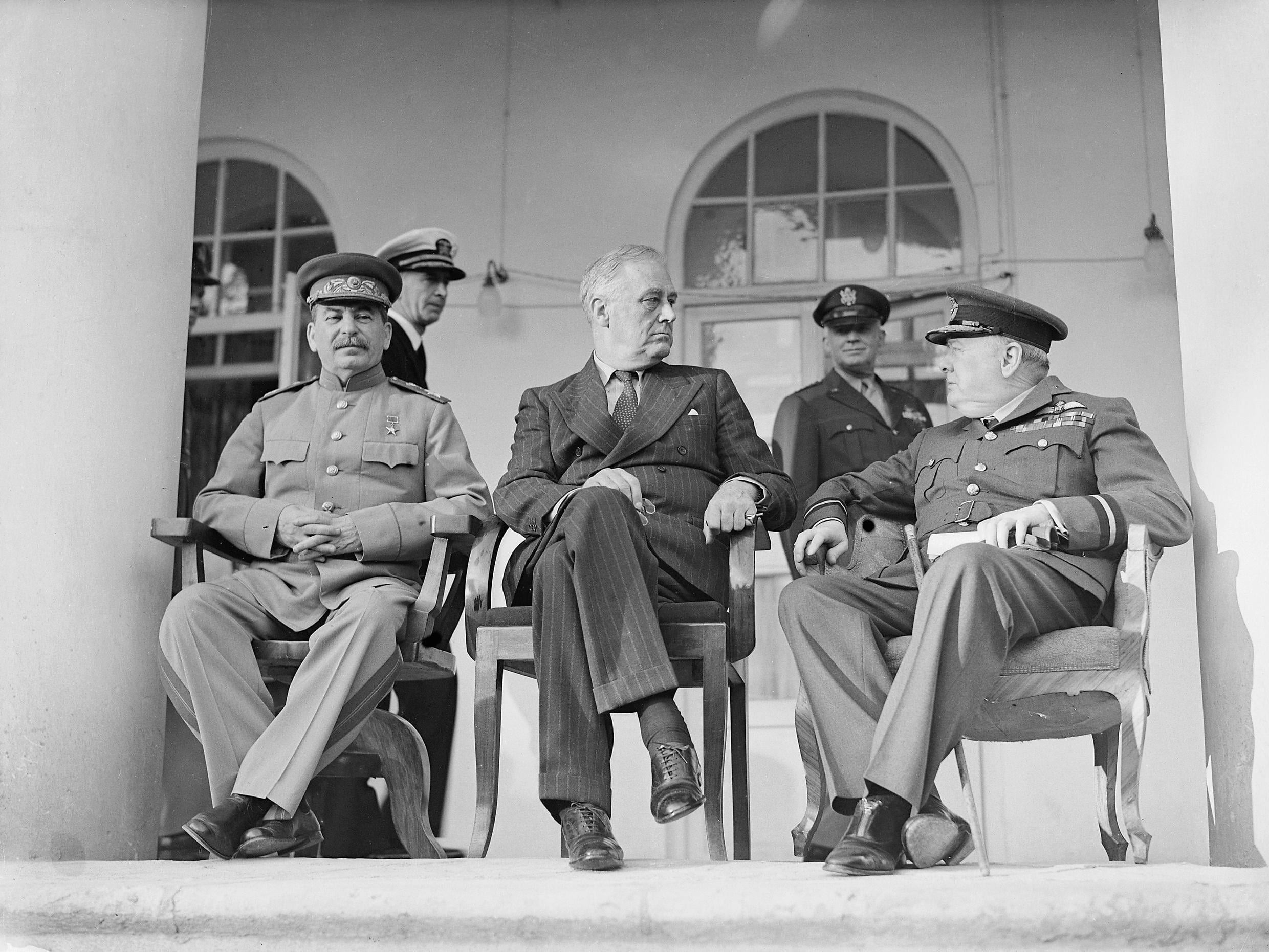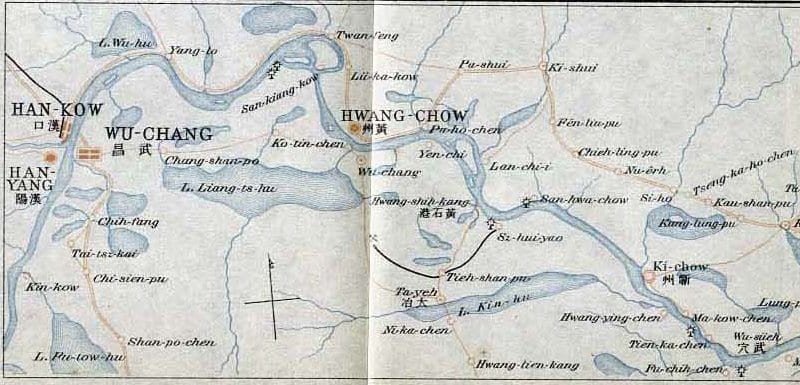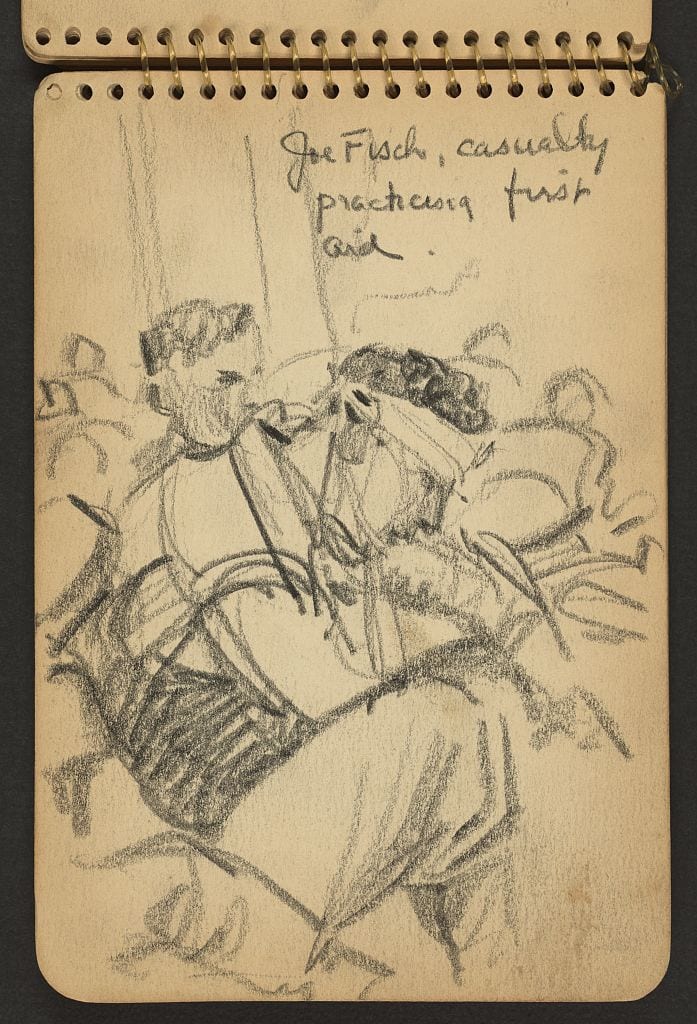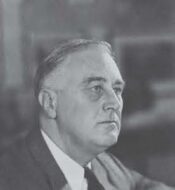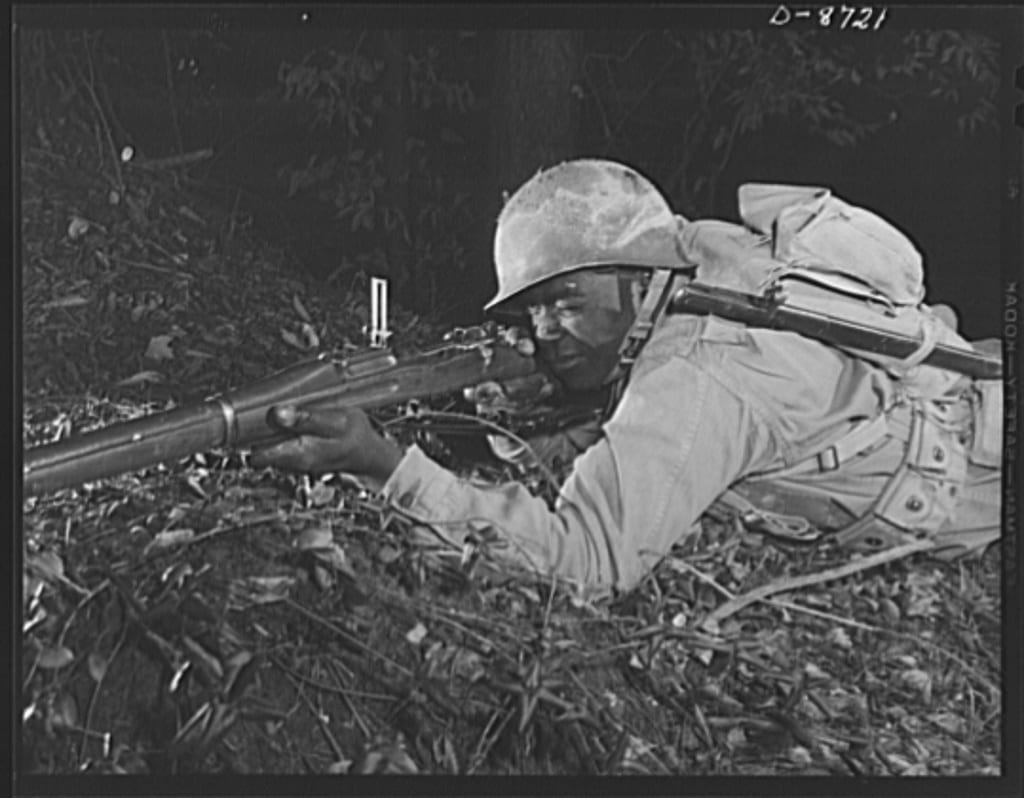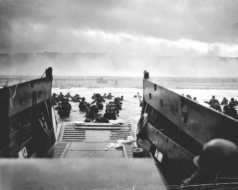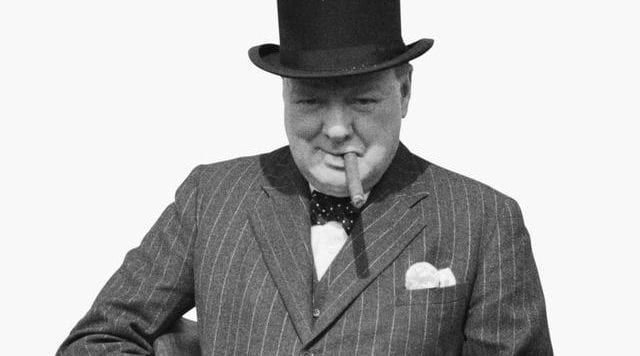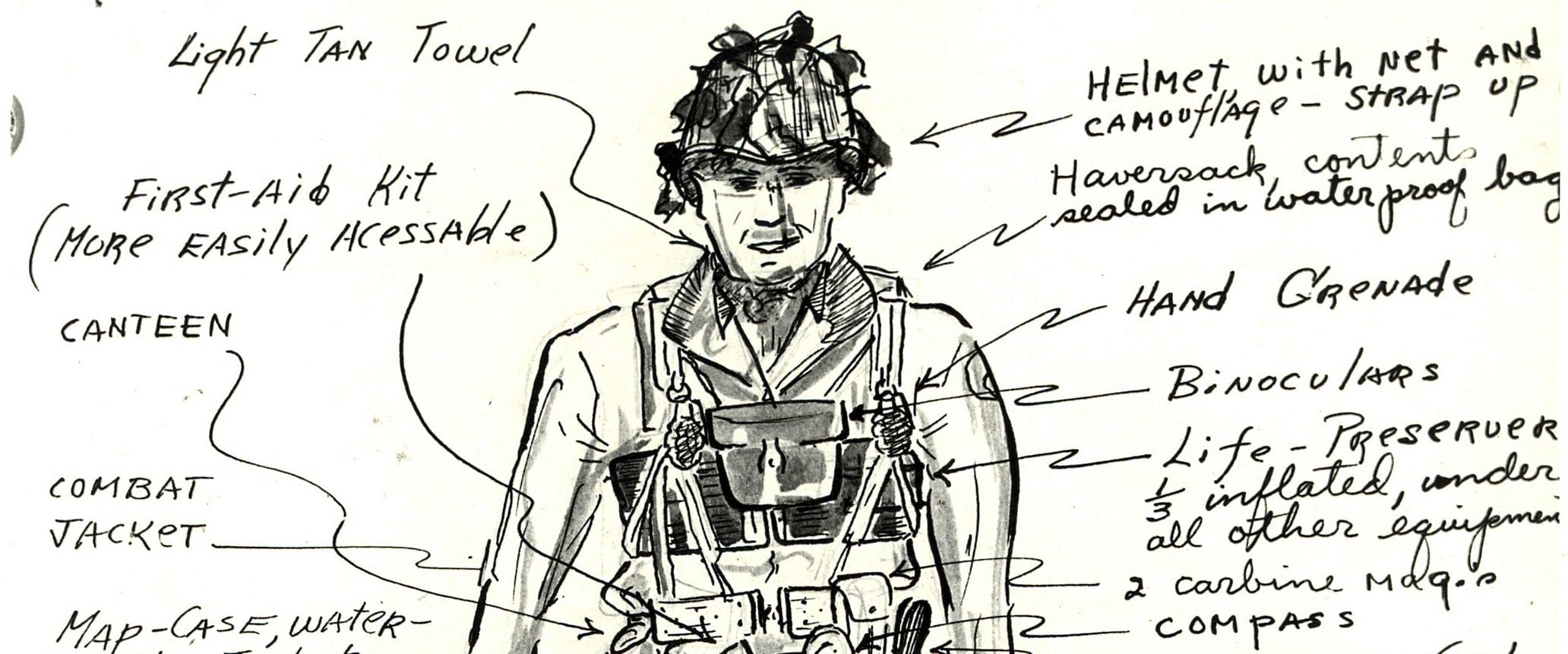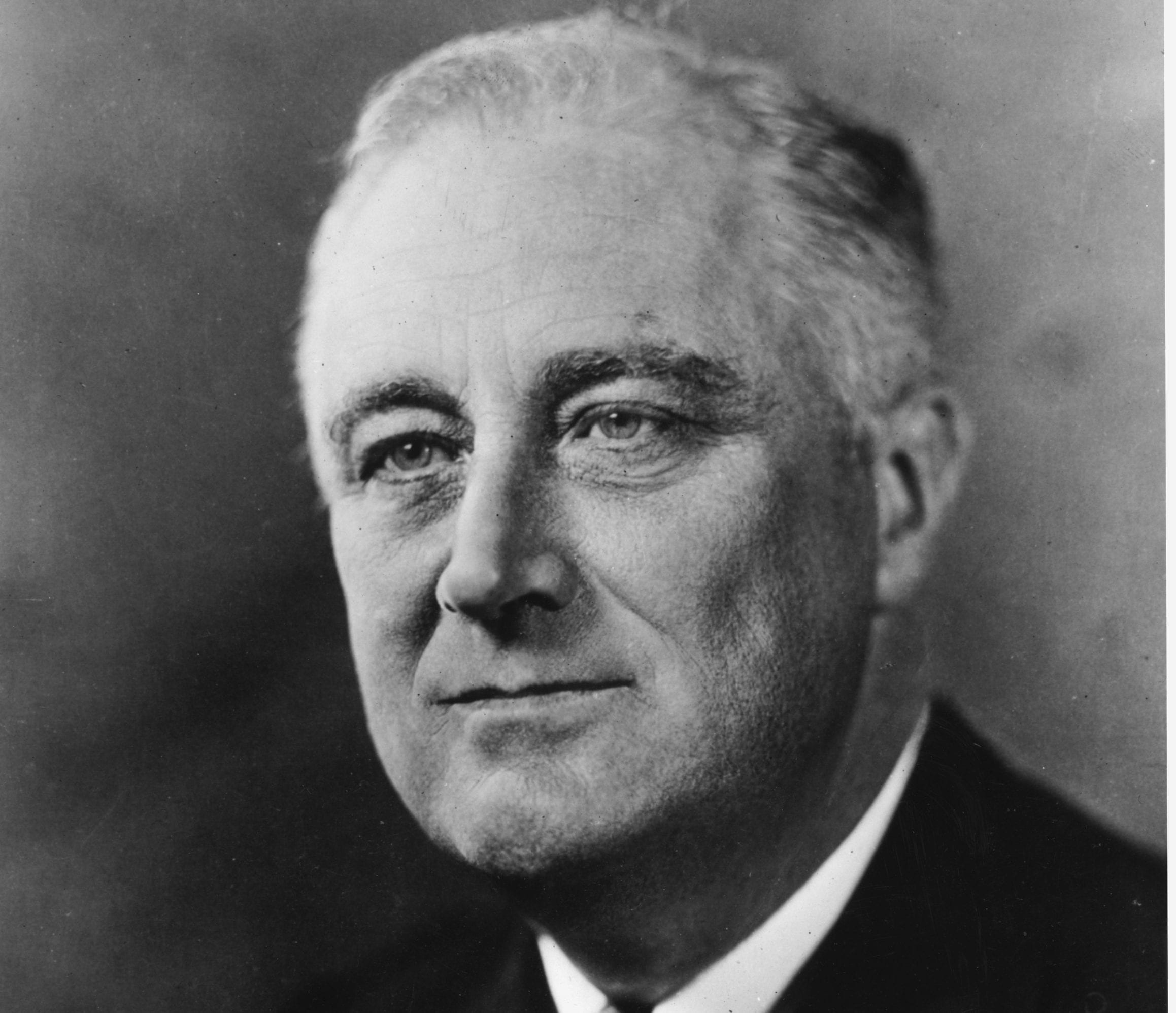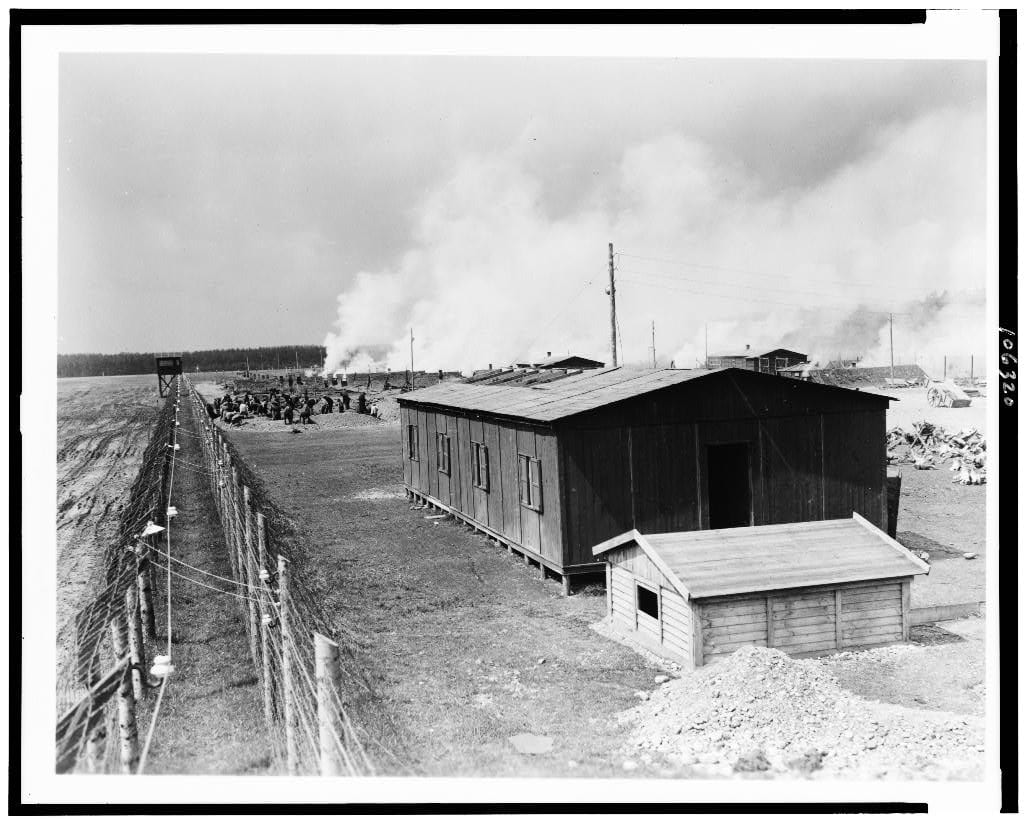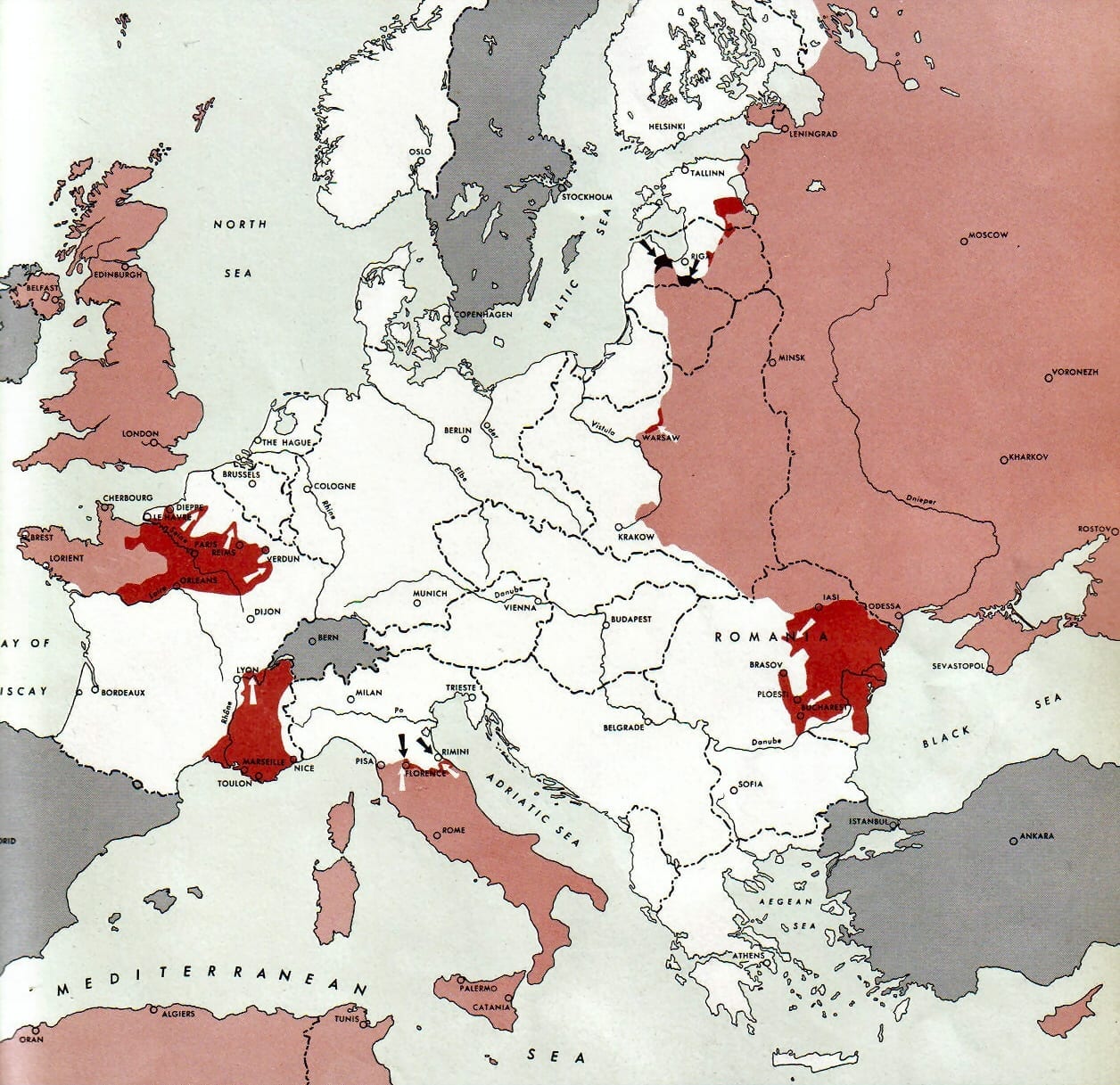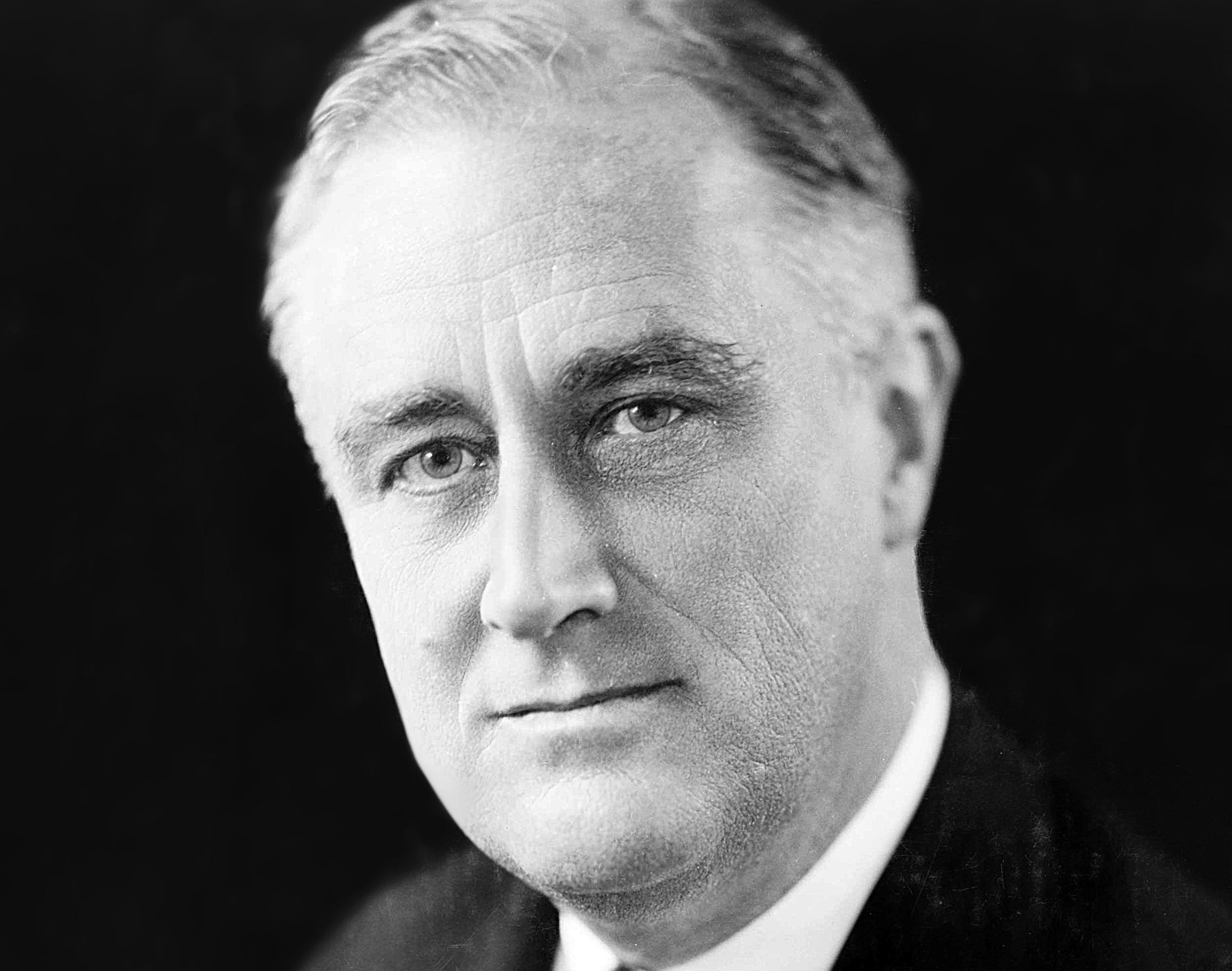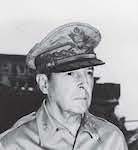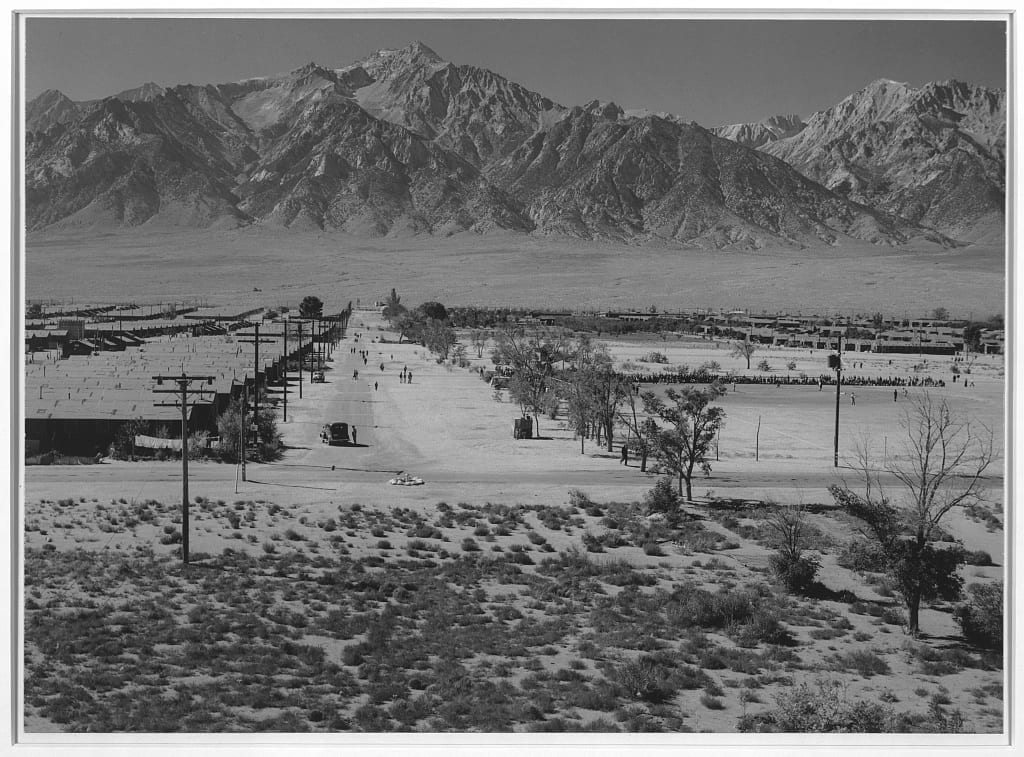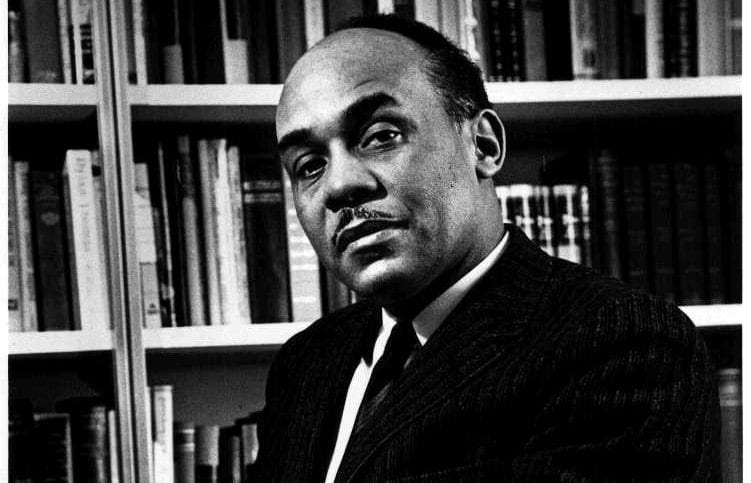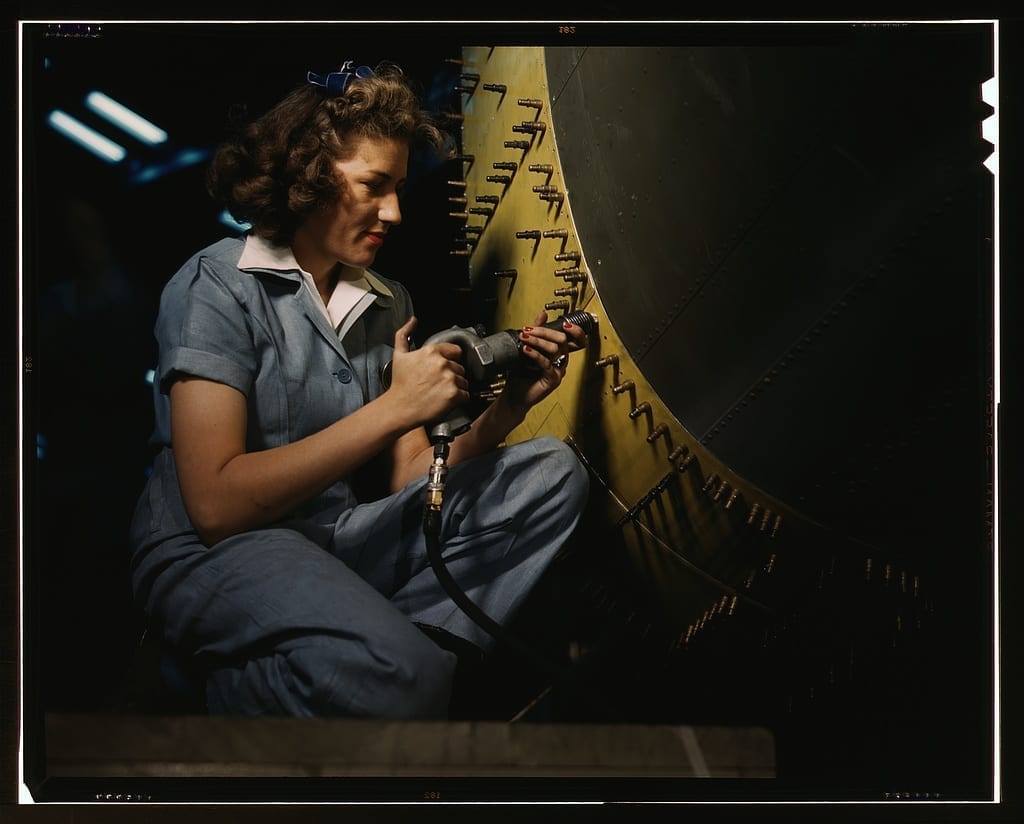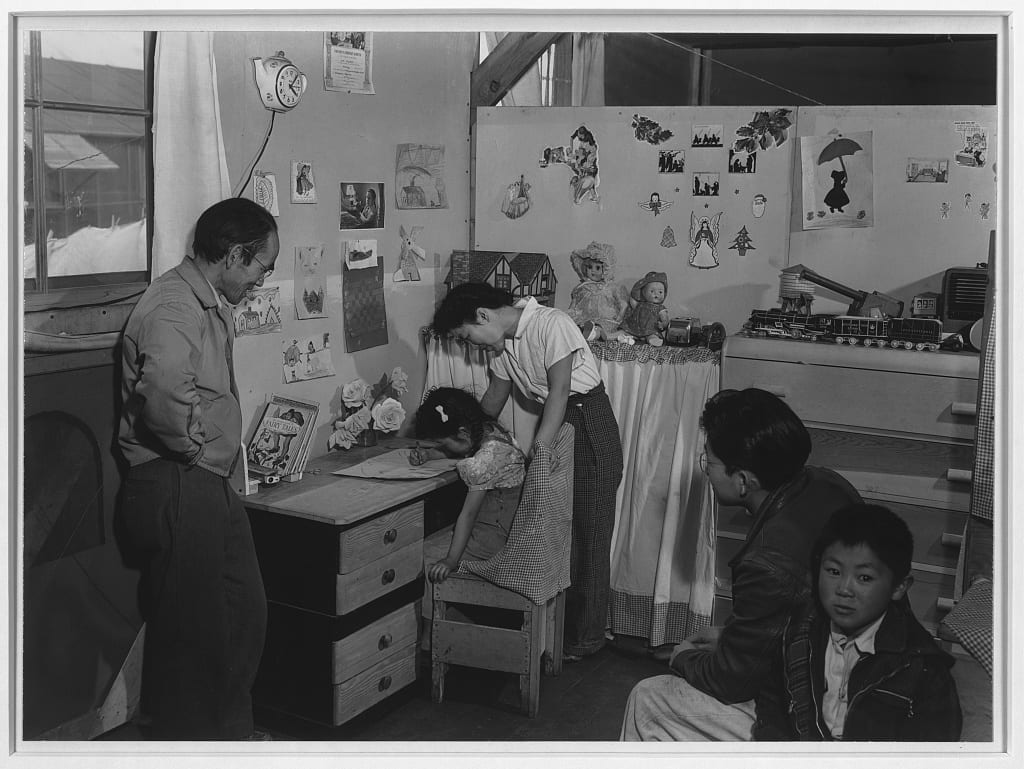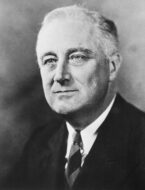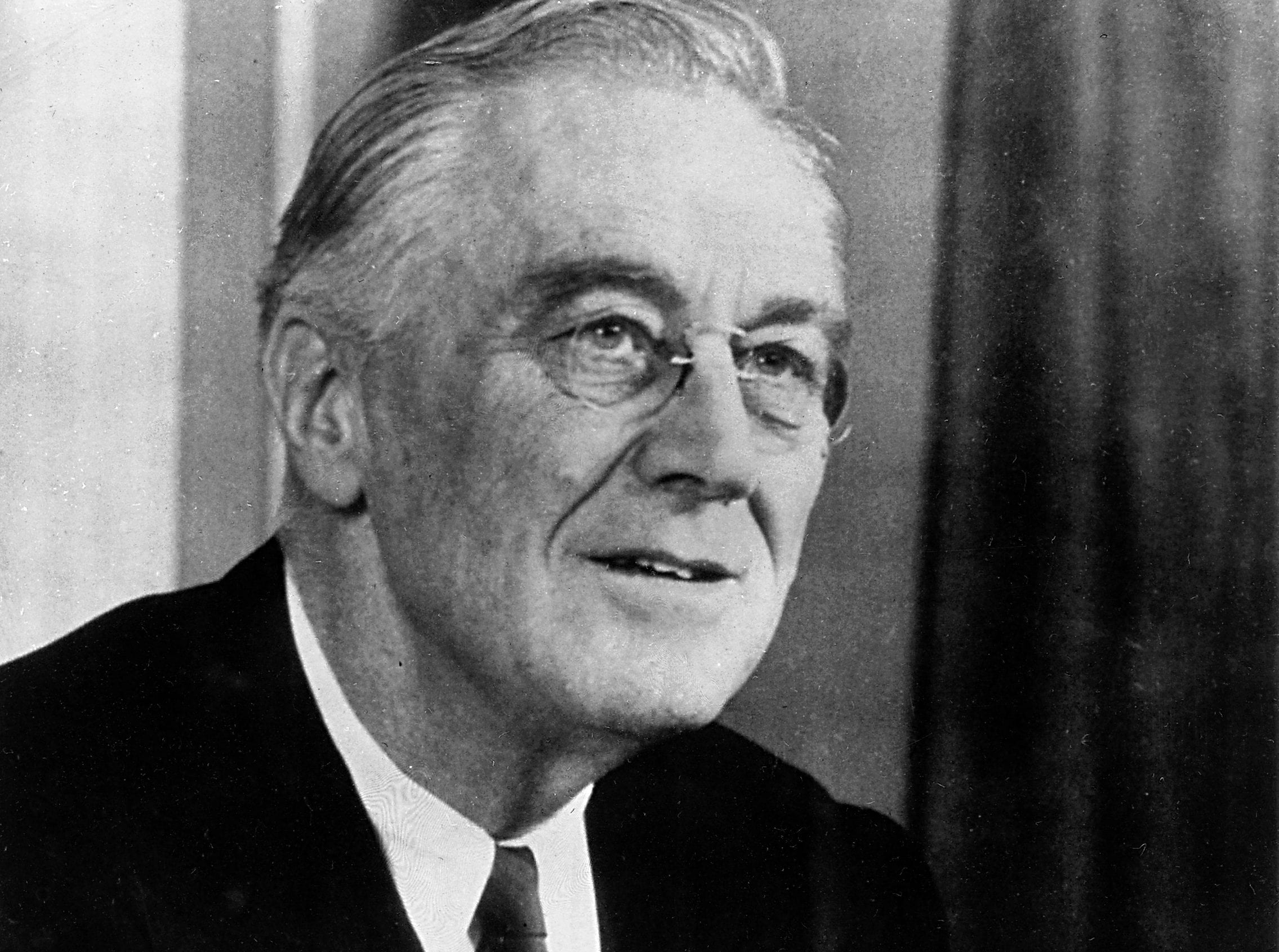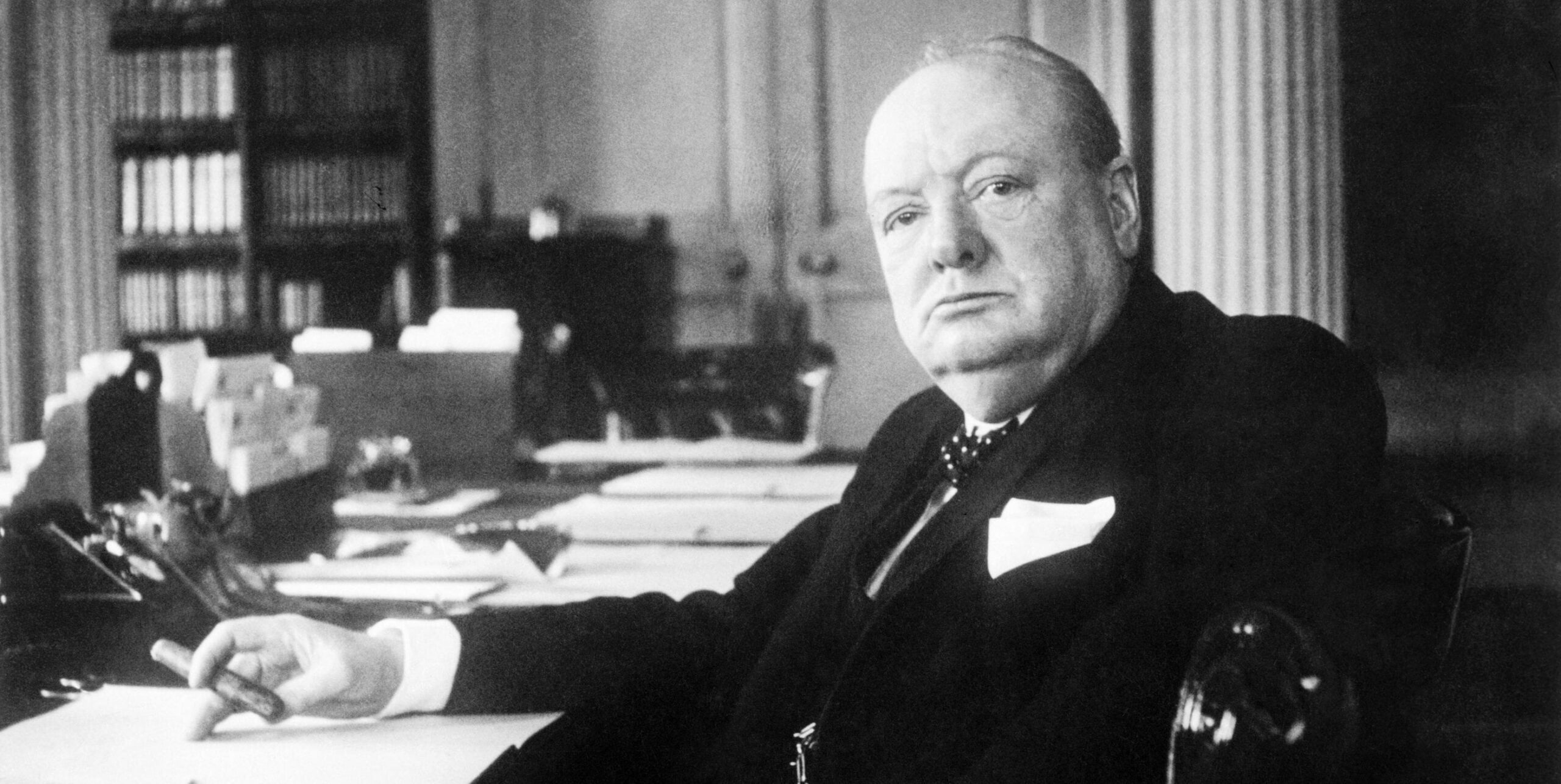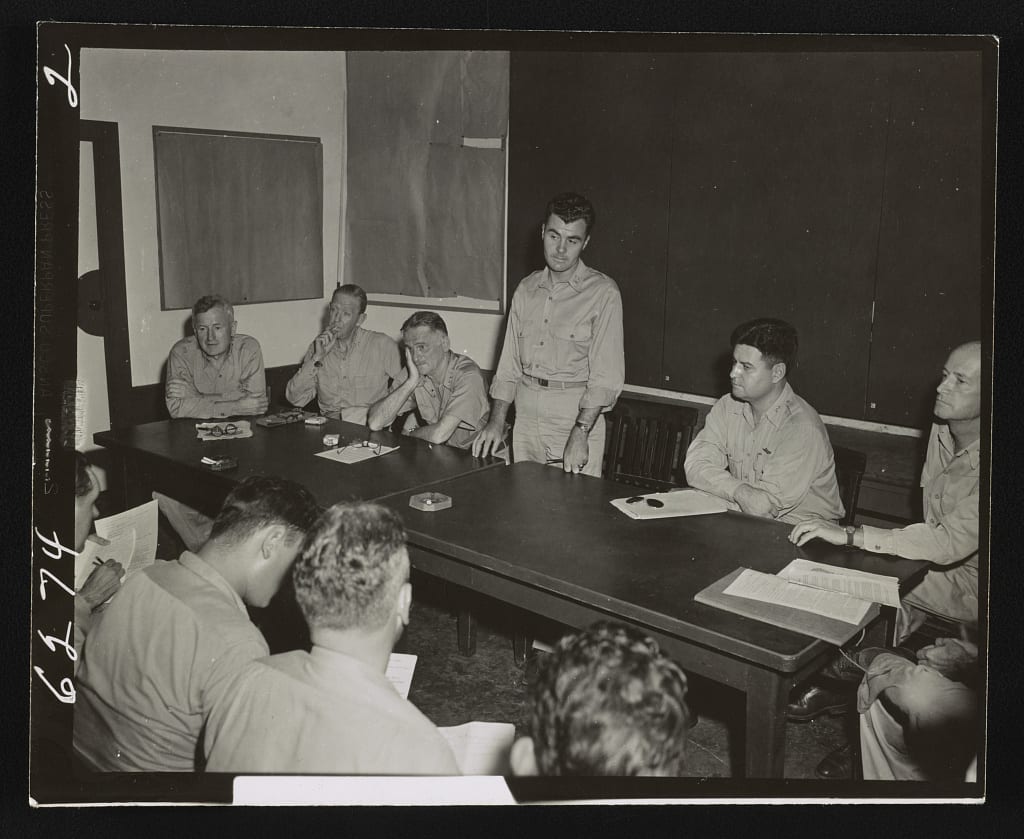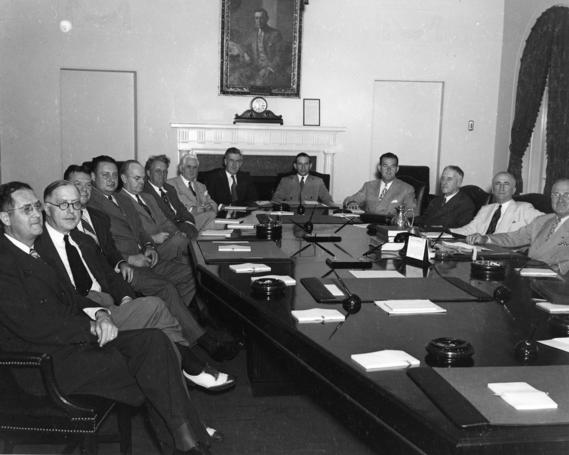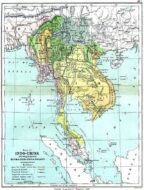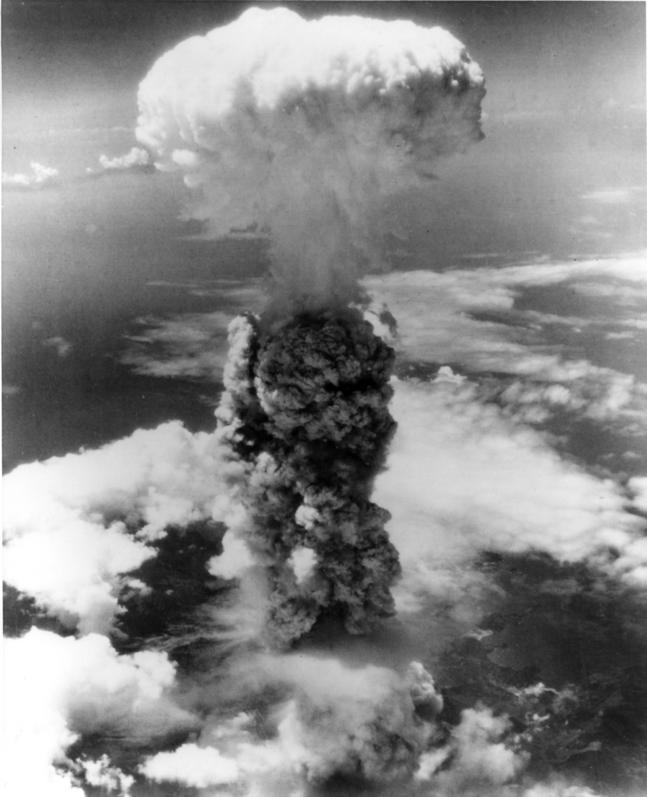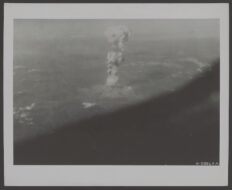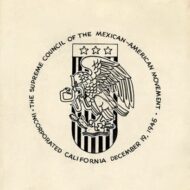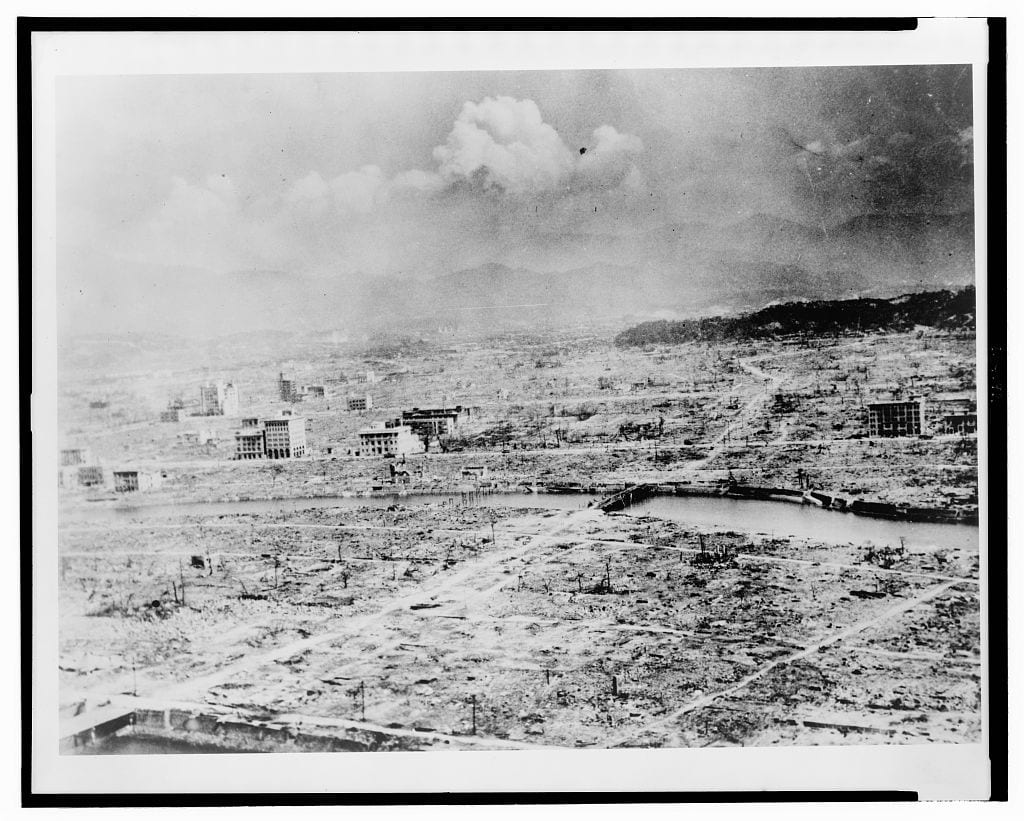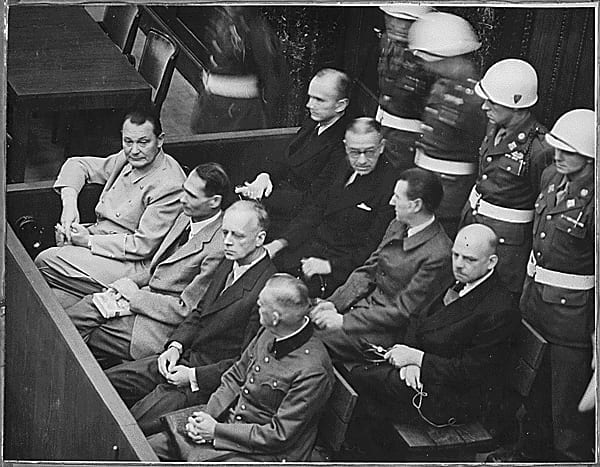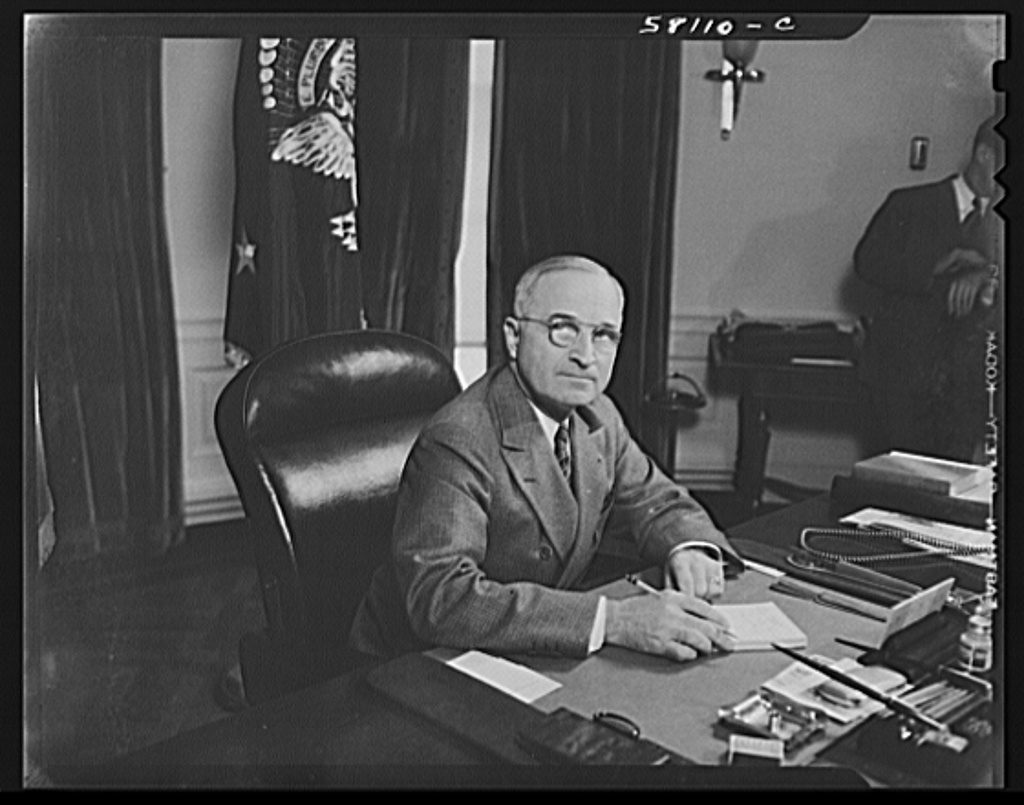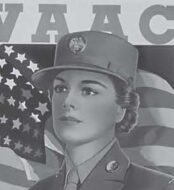Introduction
If war came, African Americans wanted to ensure that they had equal opportunities in the military and workplace. In World War I, there were no black pilots in the American Air Service. In 1941, the Tuskegee Institute in Tuskegee, Alabama established a pilot-training program to demonstrate that African Americans had the mental and physical stamina to fly. First Lady Eleanor Roosevelt, a stalwart supporter of equal rights, helped Tuskegee secure a loan from the Rosenwald Fund to build an airfield. Even more importantly, she visited Tuskegee and took a well-publicized flight with instructor Charles Alfred Anderson. She wrote about her experiences in her weekly newspaper column, “My Day.” Once war was declared, the Tuskegee airmen became the first black pilots in the American armed forces and served with distinction.
—Jennifer D. Keene
Source: Eleanor Roosevelt, My Day: A Comprehensive, Electronic Edition of Eleanor Roosevelt’s “My Day” Columns. Online by the Eleanor Roosevelt Papers, Project of the Department of History at George Washington University. https://goo.gl/NvuBQM. Originally published as Eleanor Roosevelt, “My Day, April 1, 1941,” © 1941, by United Feature Syndicate, Inc. All rights reserved. Reprinted by permission of The Eleanor Roosevelt Papers Digital Edition (2017).
GREENSBORO, N.C., Monday—One of the interesting things we saw near Tuskegee was a real rural theatre. The actors had built the stage and arranged the room for the audience. There were rough benches, an open fire, and some very interesting masks for decoration on the walls. It was called “The Bucket Theatre,” and on the sign outside was a quotation from Booker T. Washington which read: “Put your bucket down where you are.” This little rural theatre certainly is putting down its bucket in that community.
Saturday morning the Tuskegee Institute trustees met again all morning, and in the afternoon we visited the hospital, listened to the health problems which Tuskegee is trying to ameliorate. I had the pleasure of going through the new unit for the treatment of infantile paralysis which has been installed here by the National Foundation for Infantile Paralysis. I am taking back a book full of pictures so that the President, who is much interested in the installment of this unit, will have an opportunity to see what it looks like. . . .
Finally we went out to the aviation field, where a Civil Aeronautics unit for the teaching of colored pilots is in full swing. They have advanced training here, and some of the students went up and did acrobatic flying for us. These boys are good pilots. I had the fun of going up in one of the tiny training planes with the head instructor, and seeing this interesting countryside from the air.
The days at Tuskegee have given me much to think about. To see a group of people working together for improvement of undesirable conditions is very heartening. . . .


